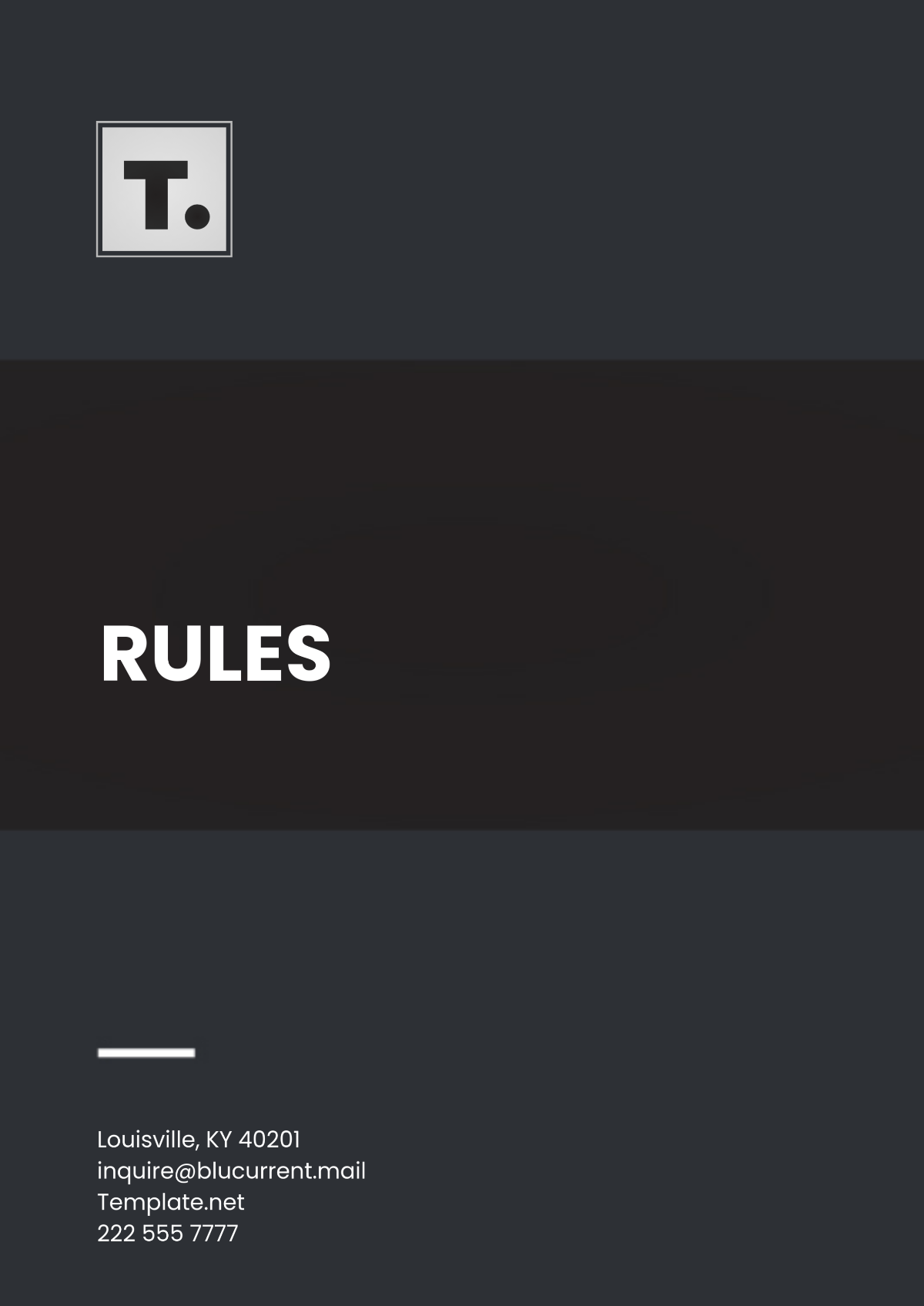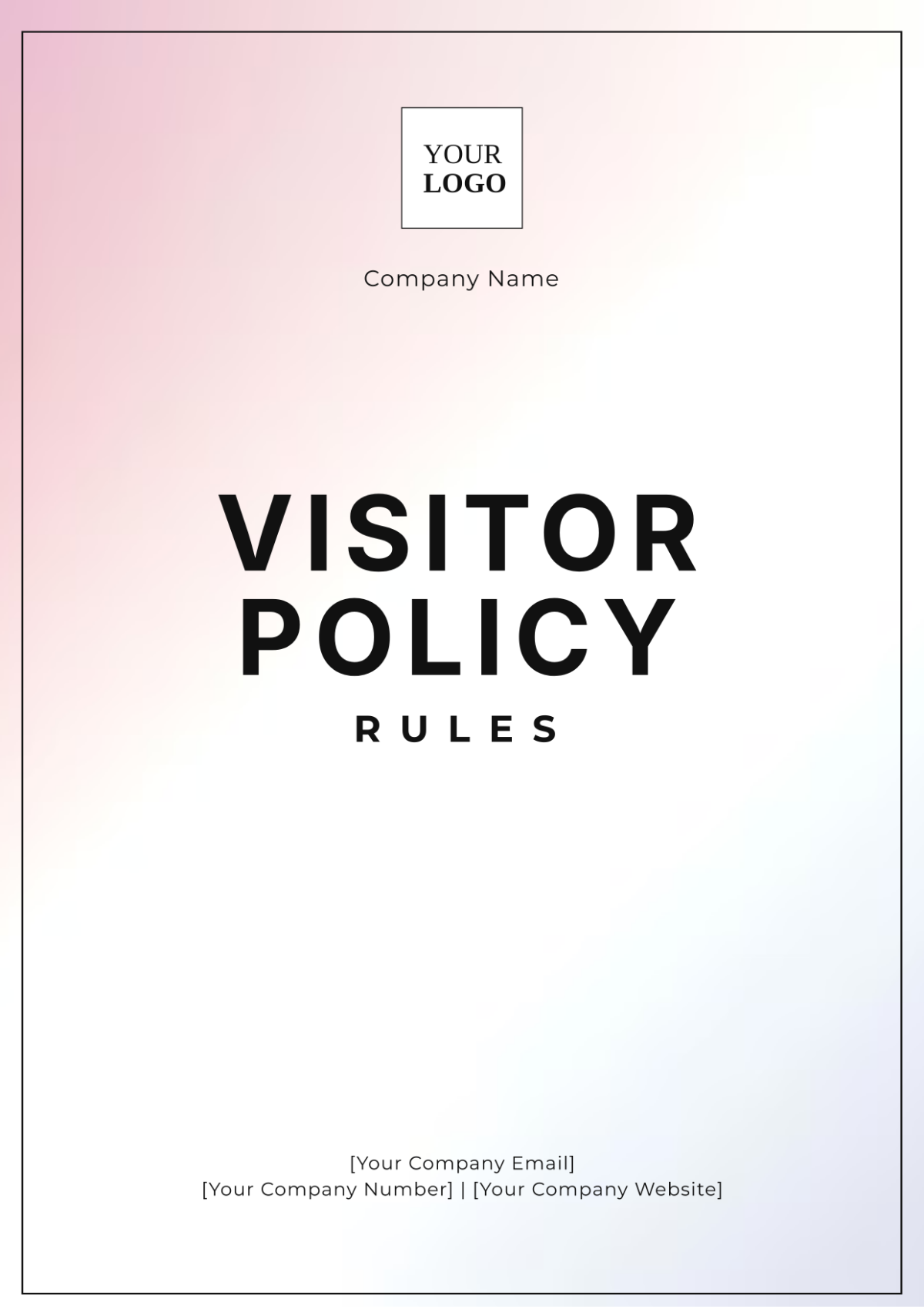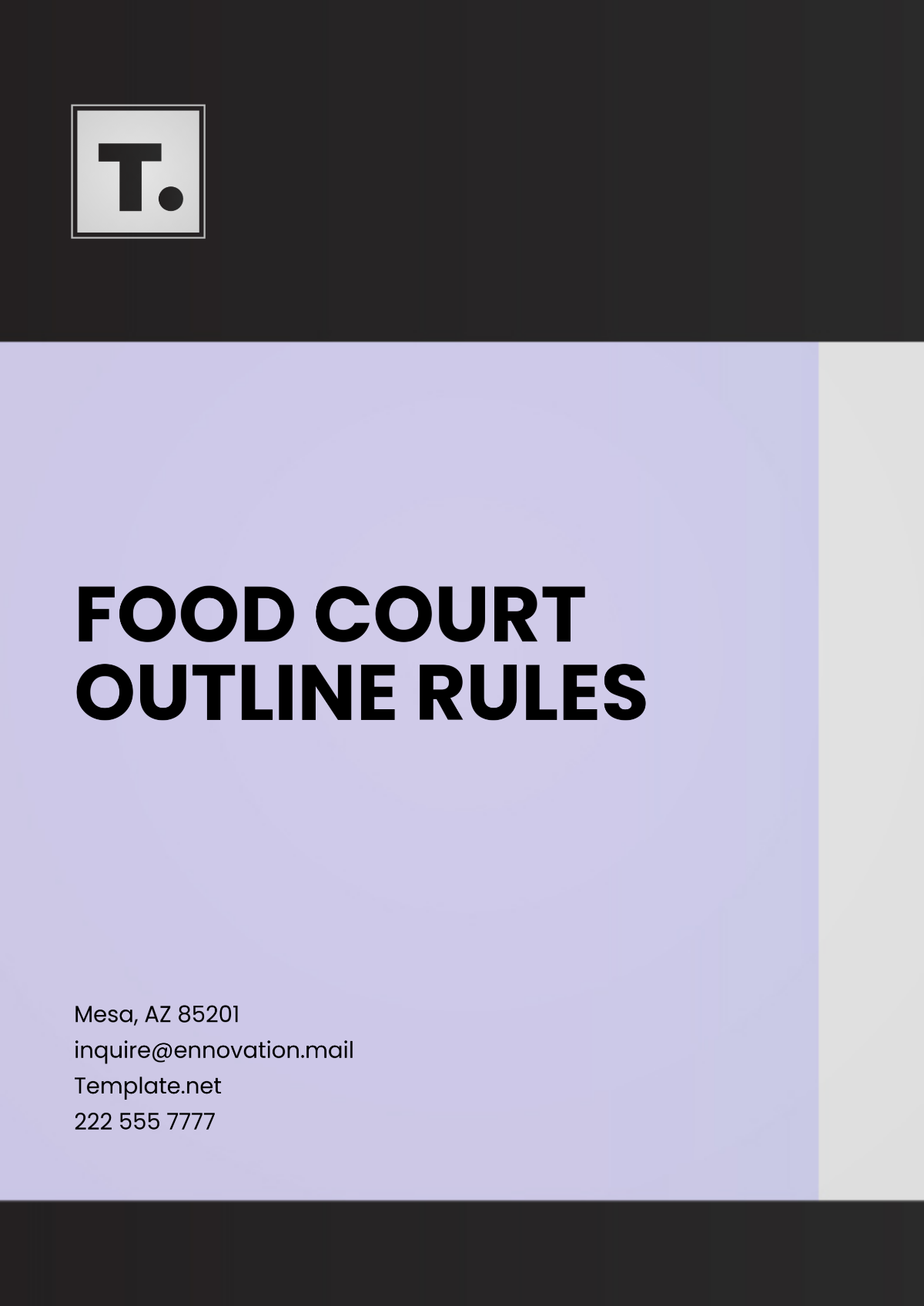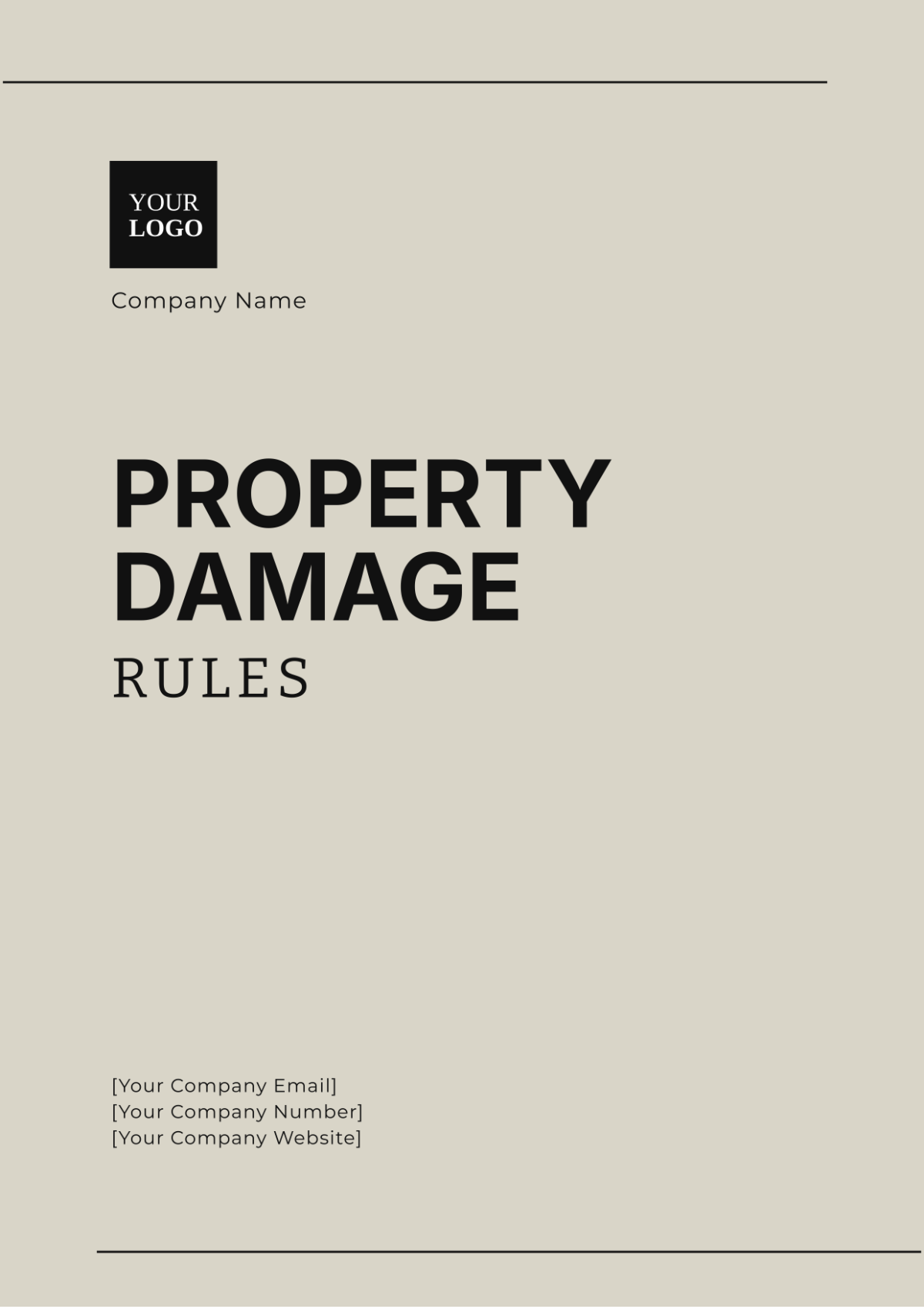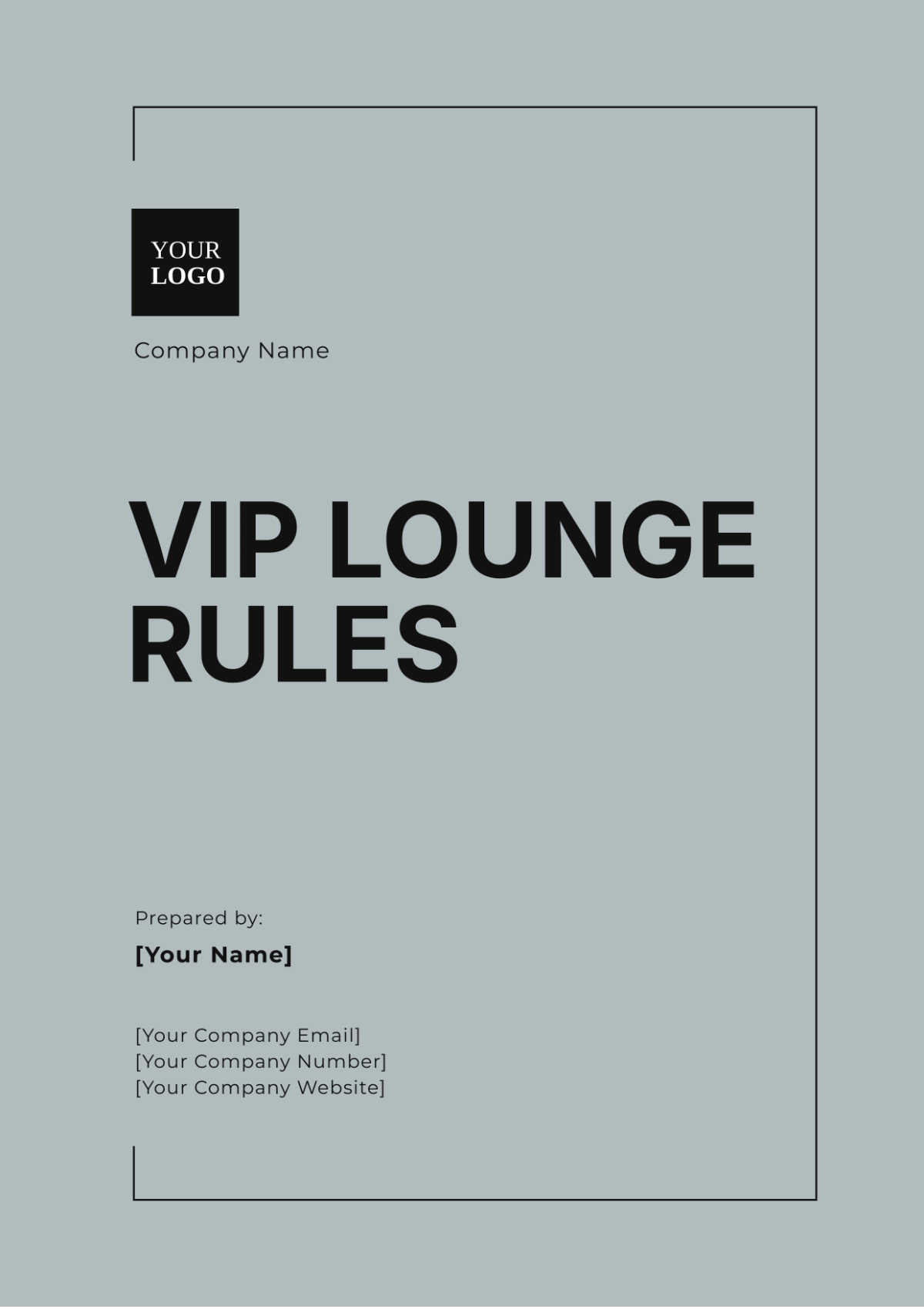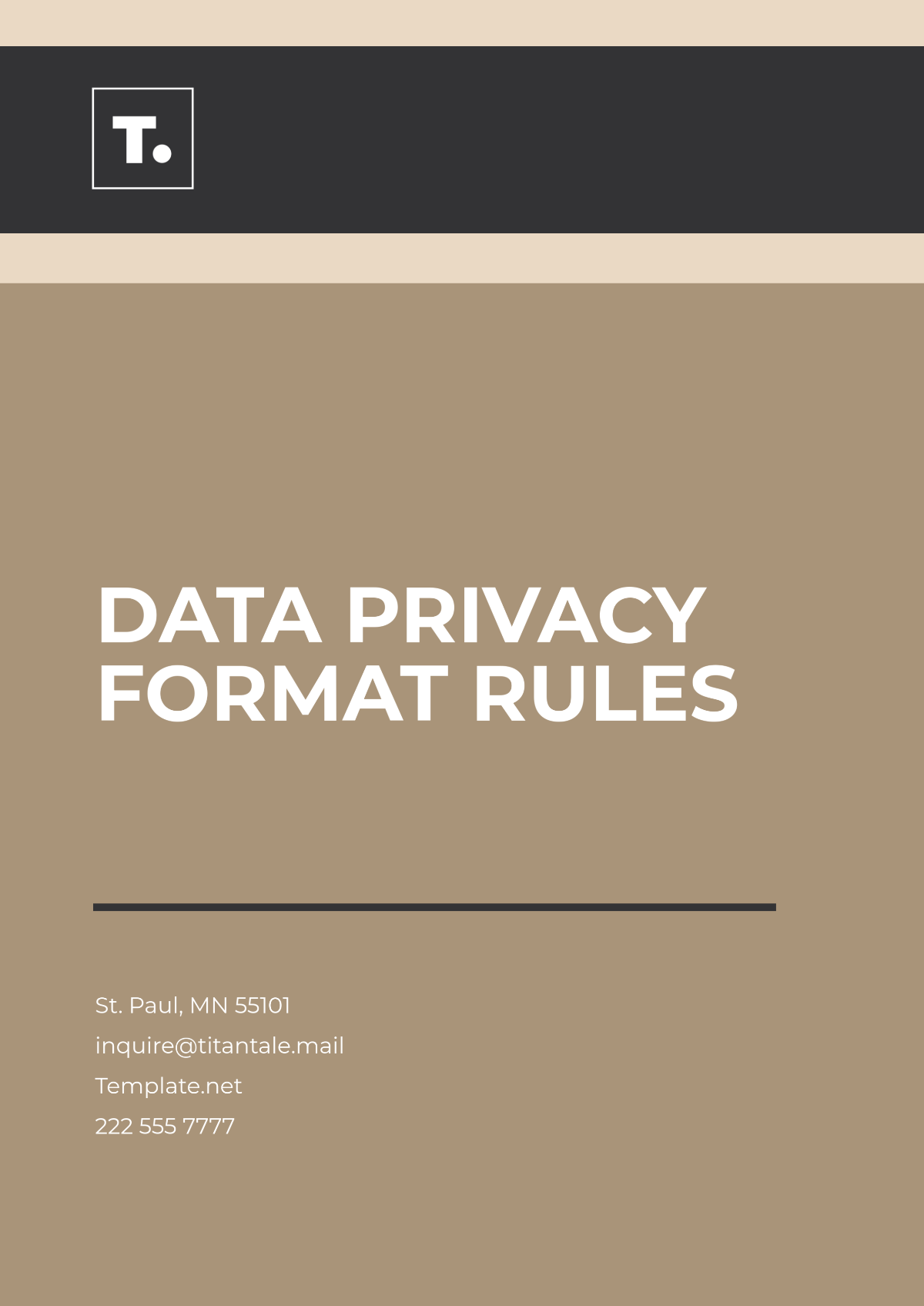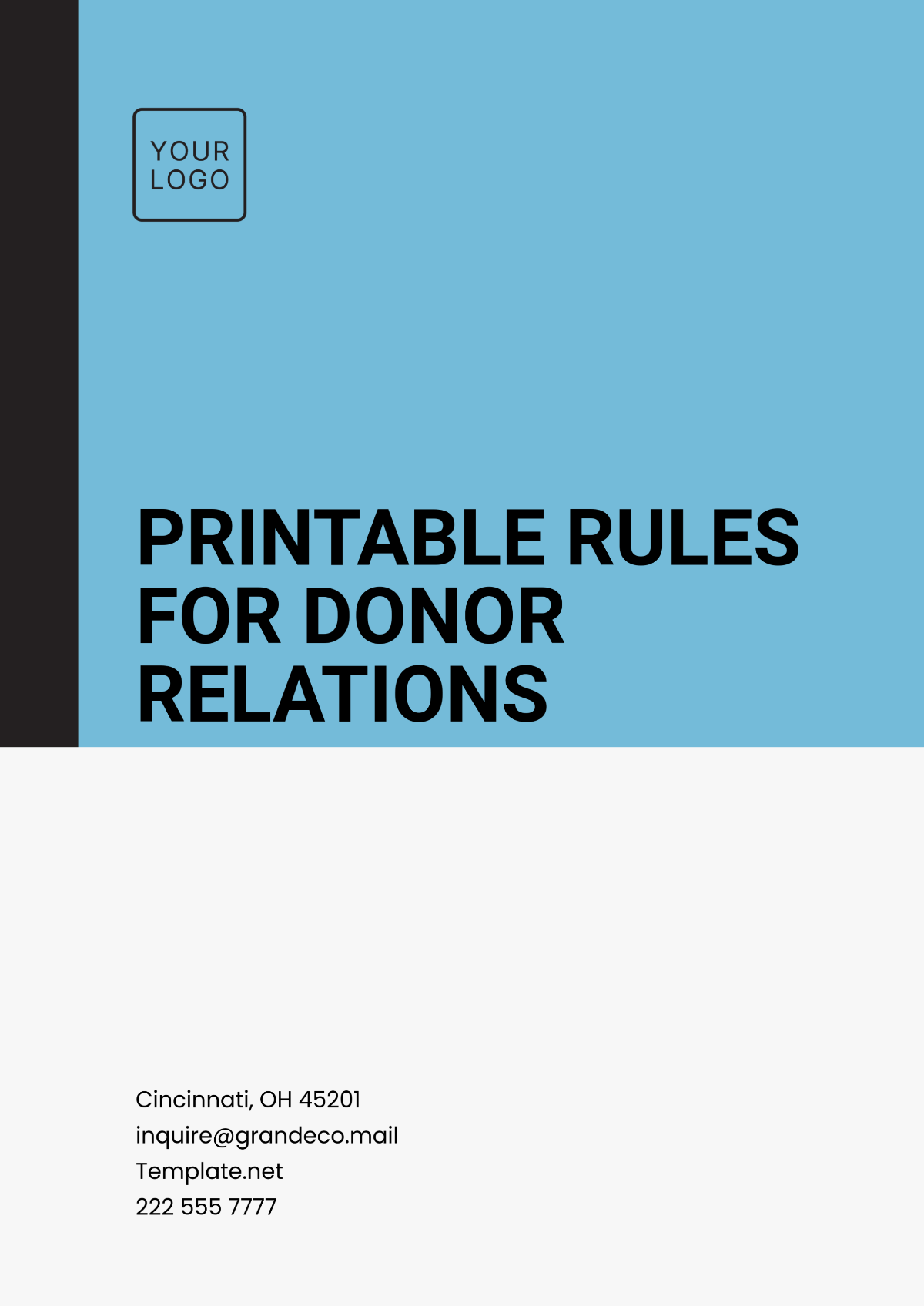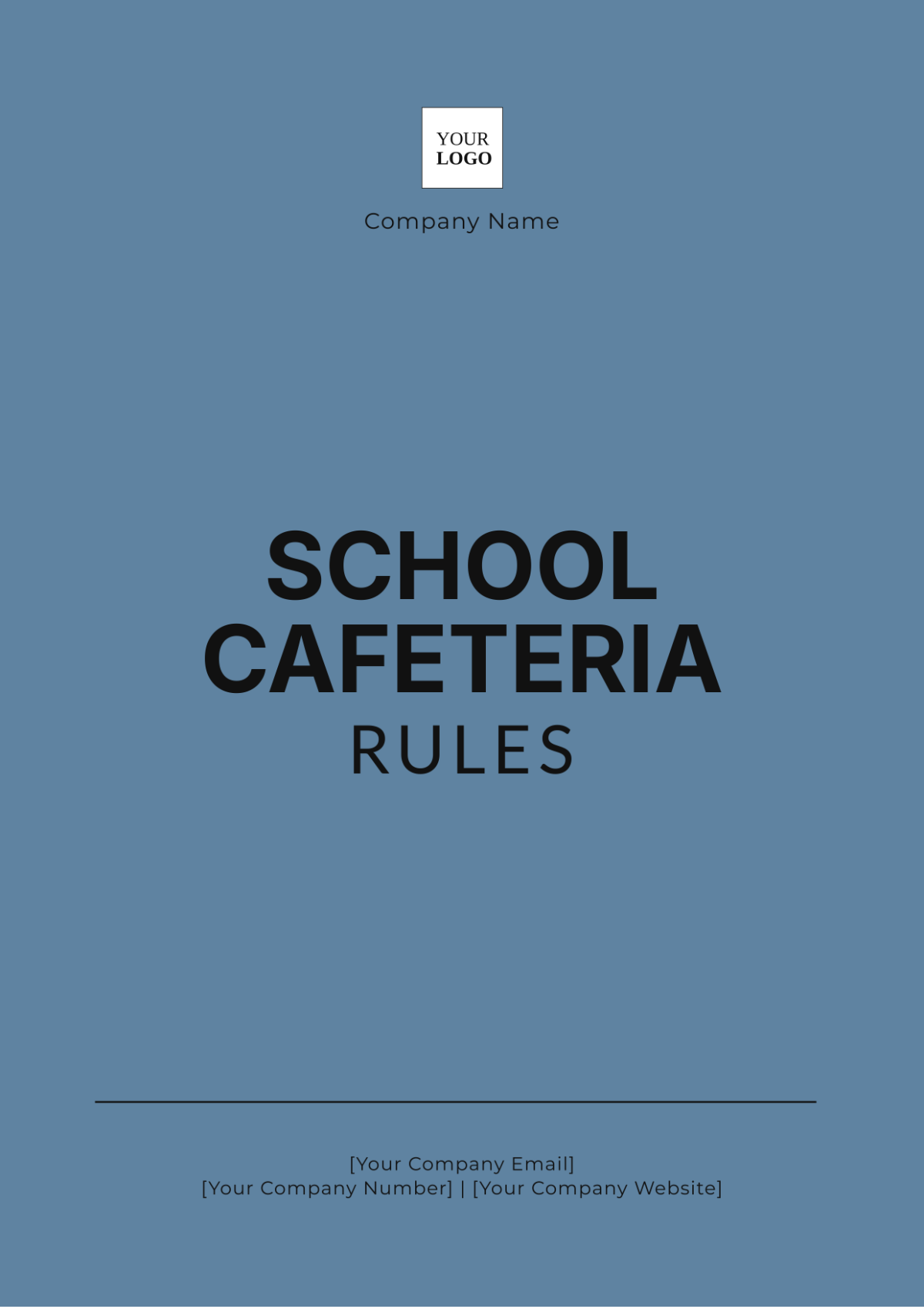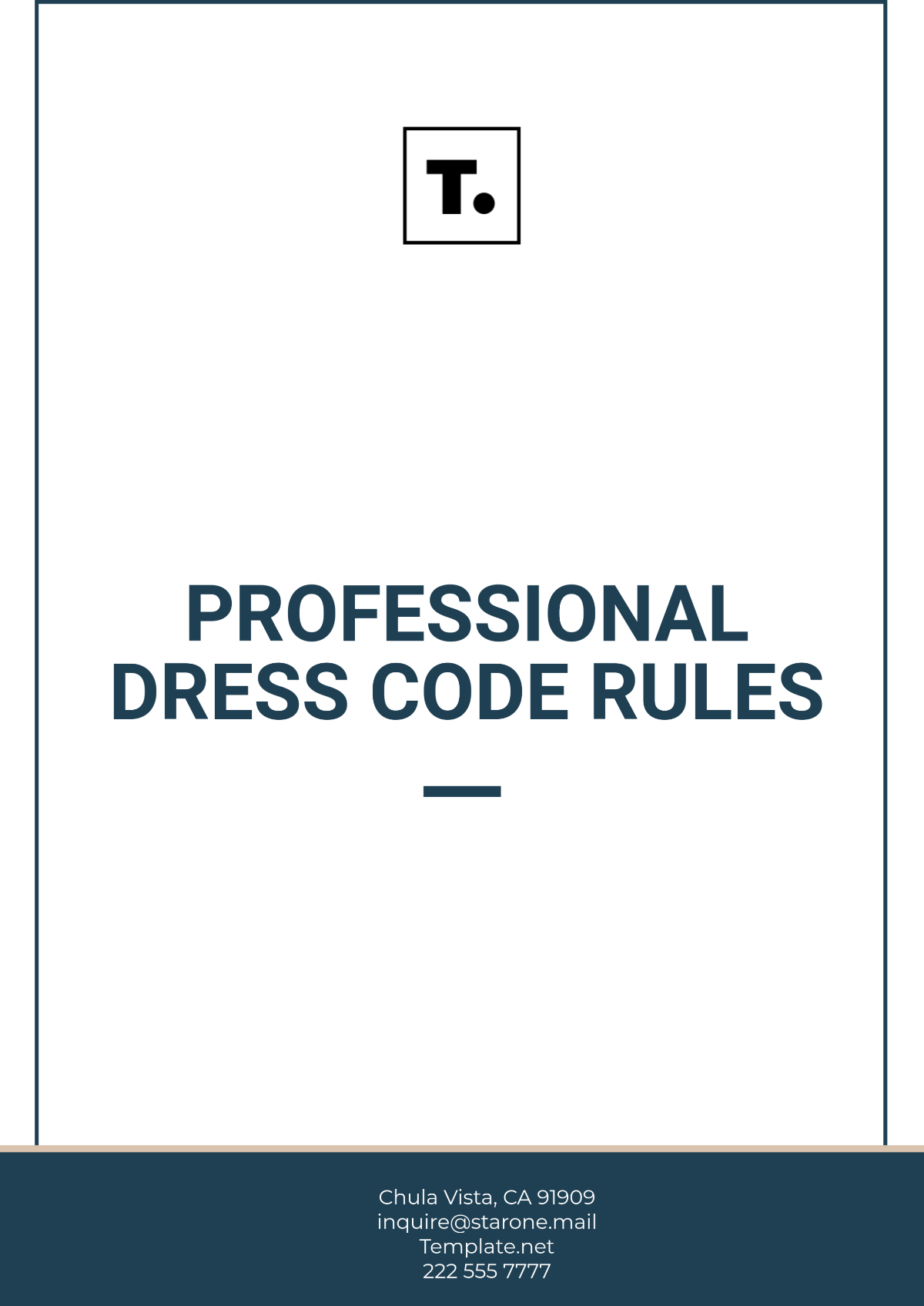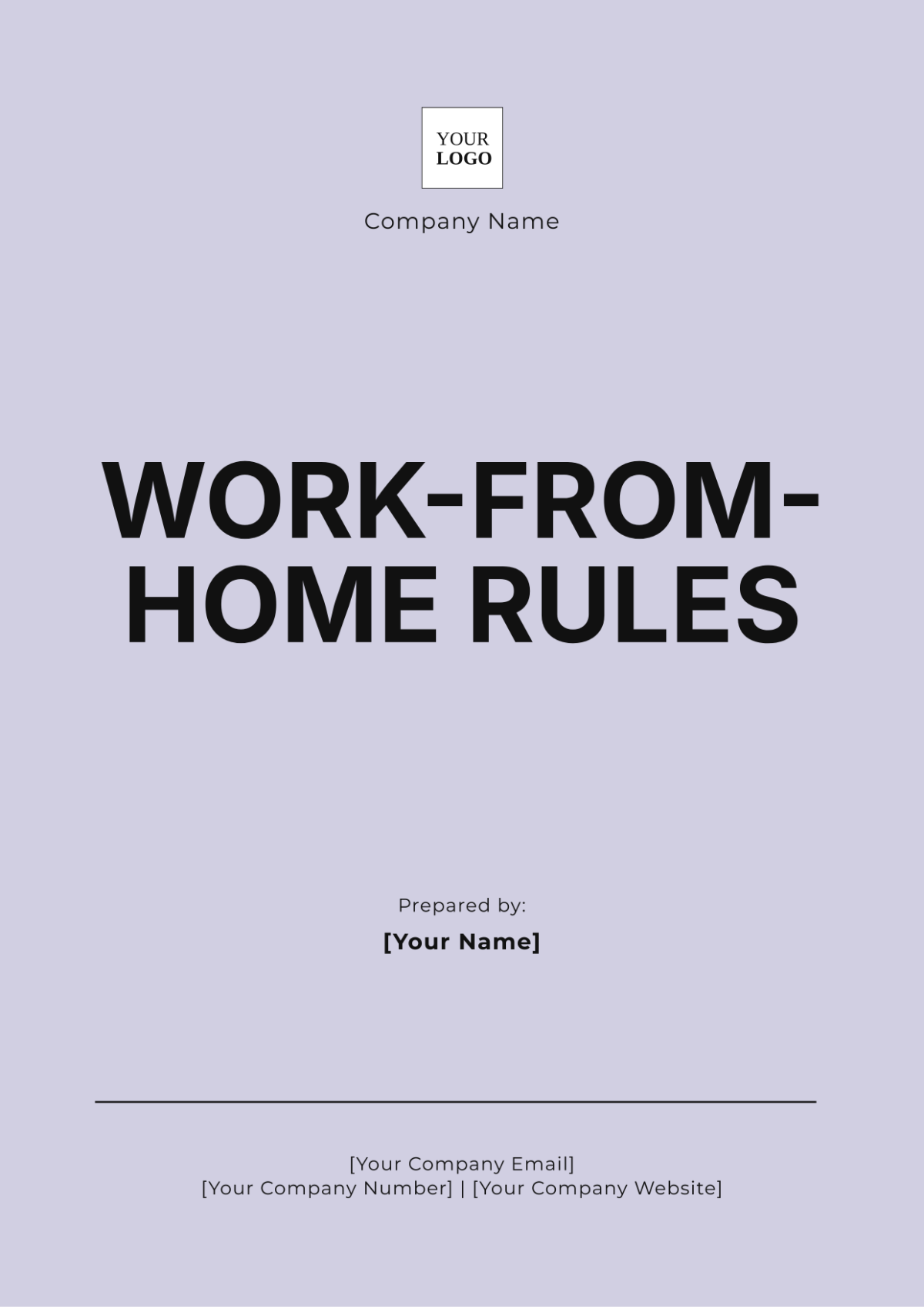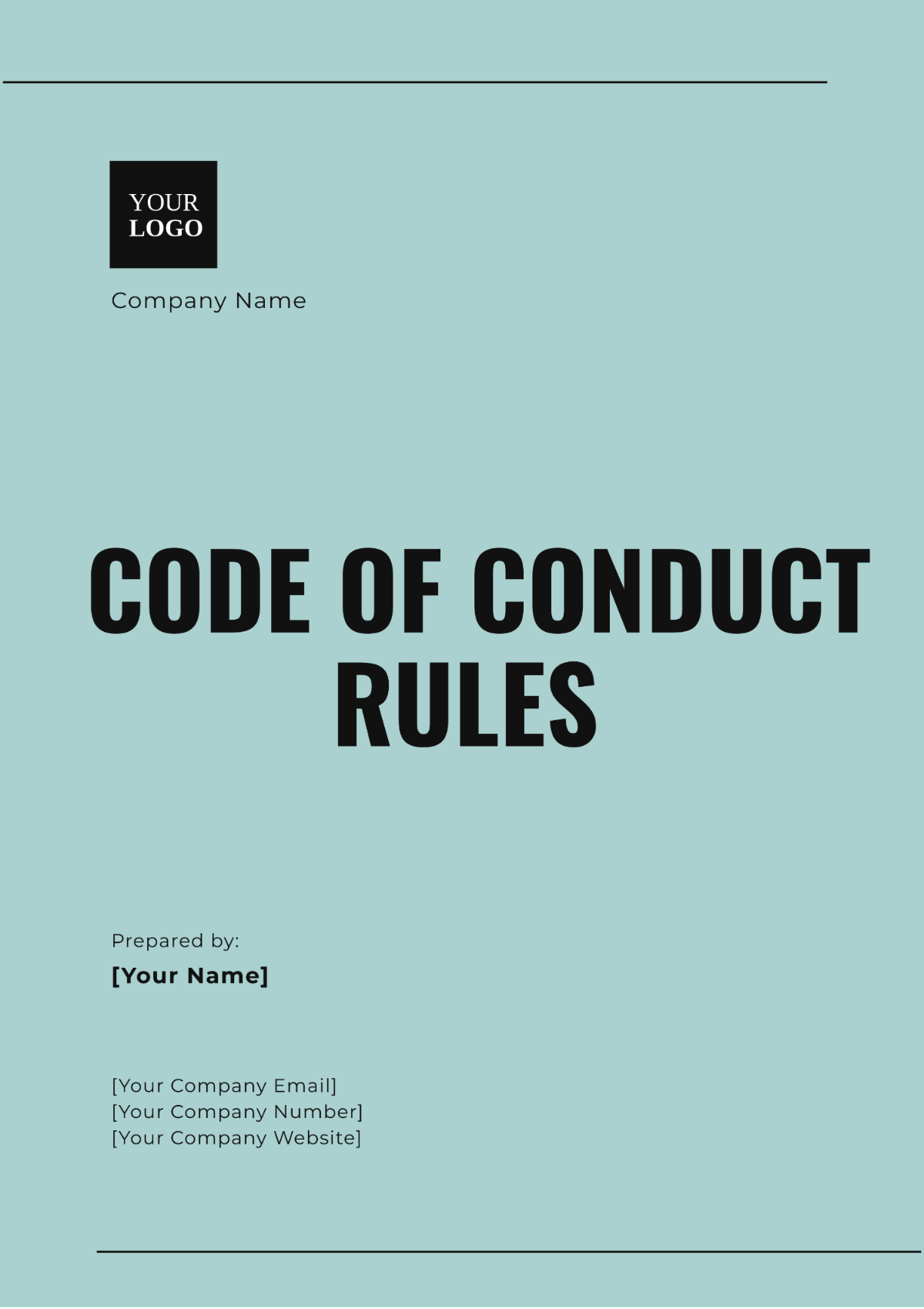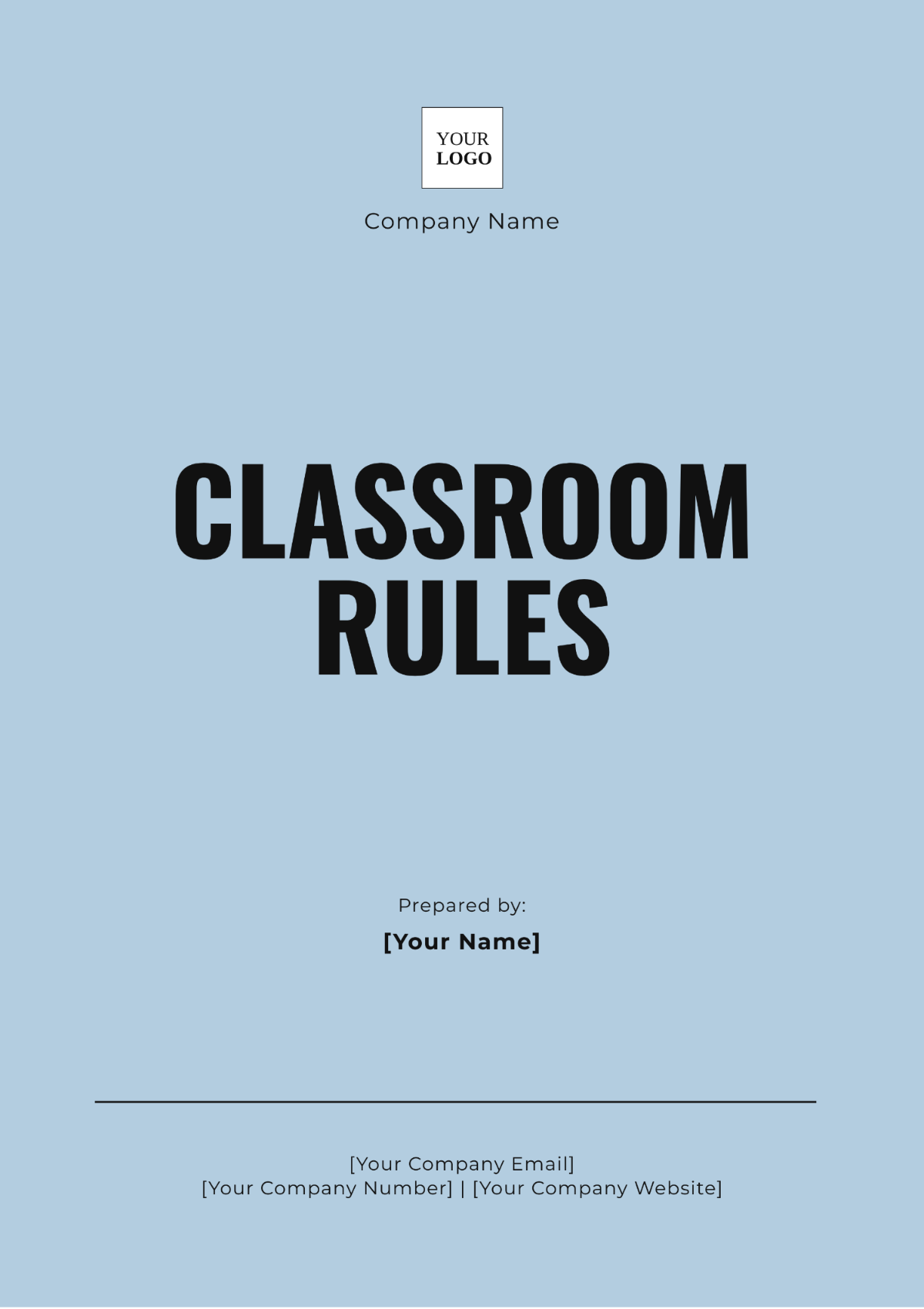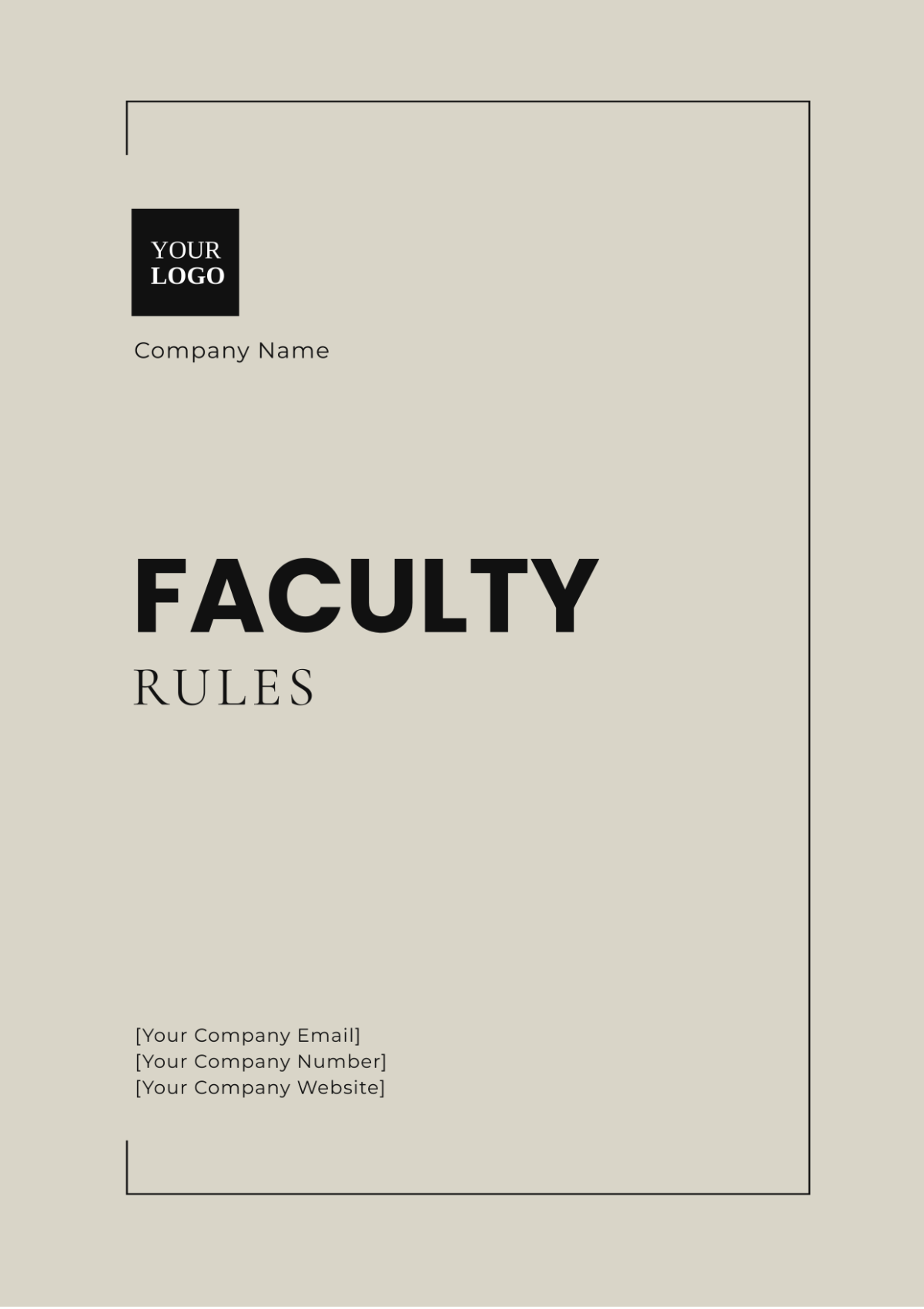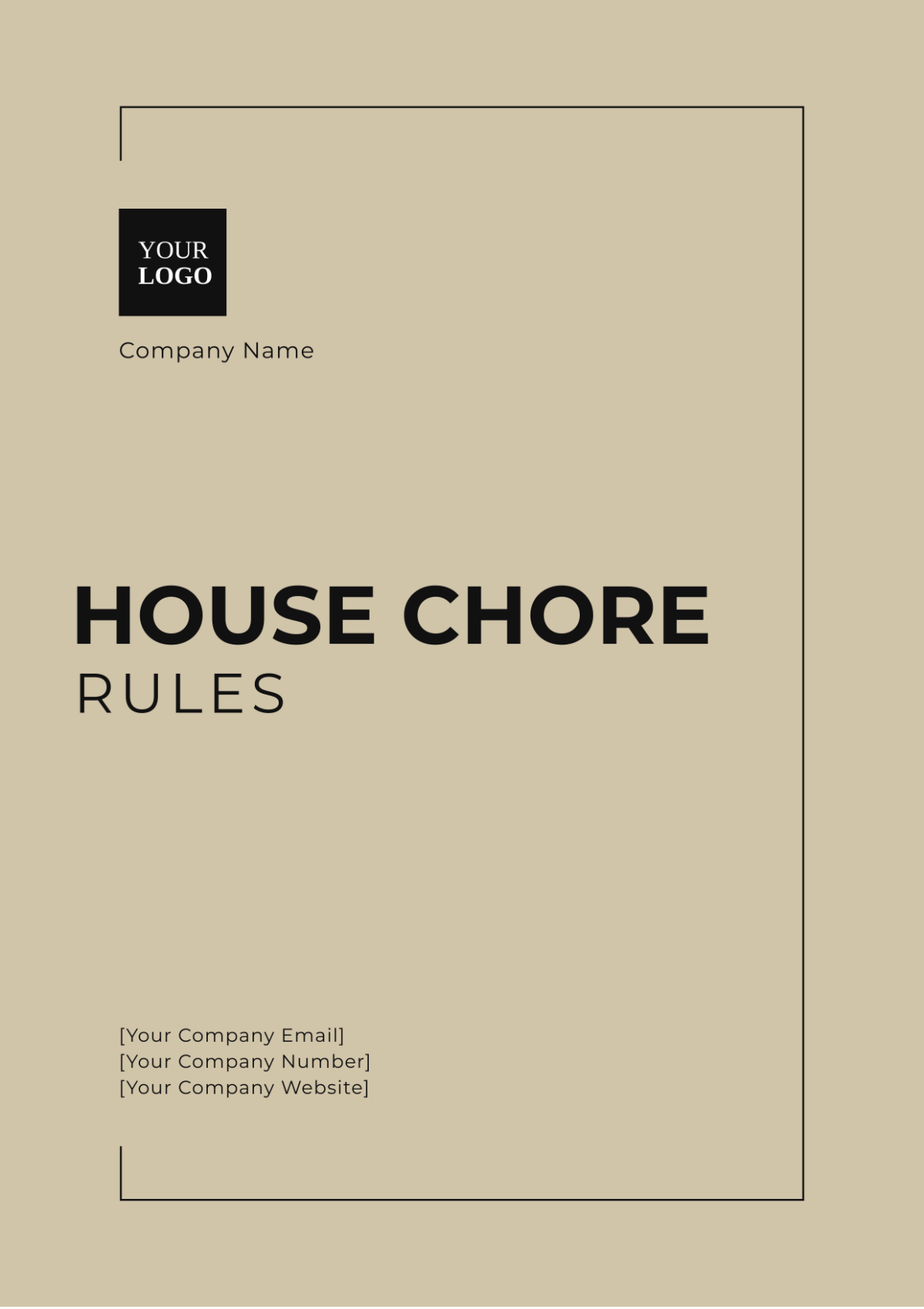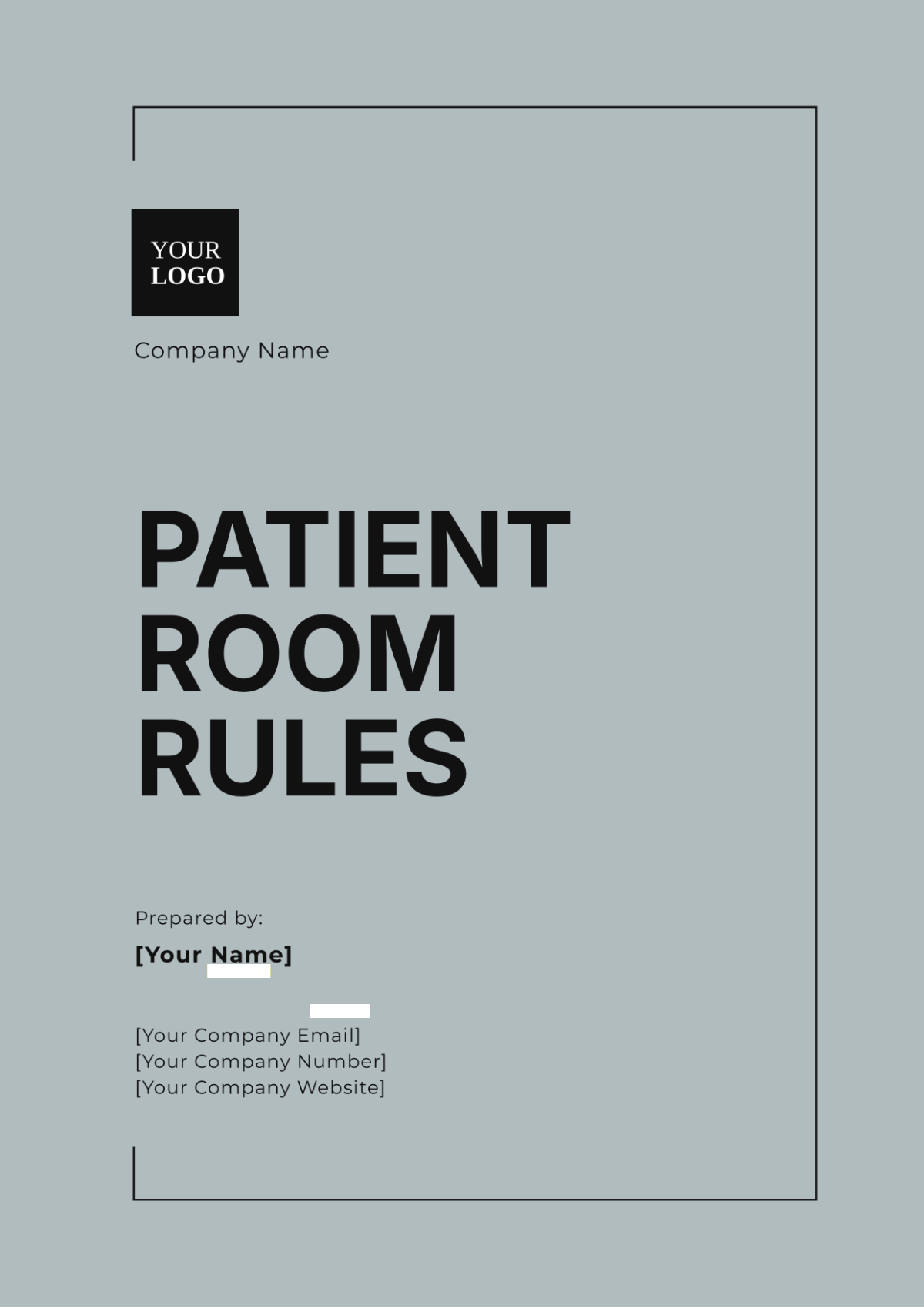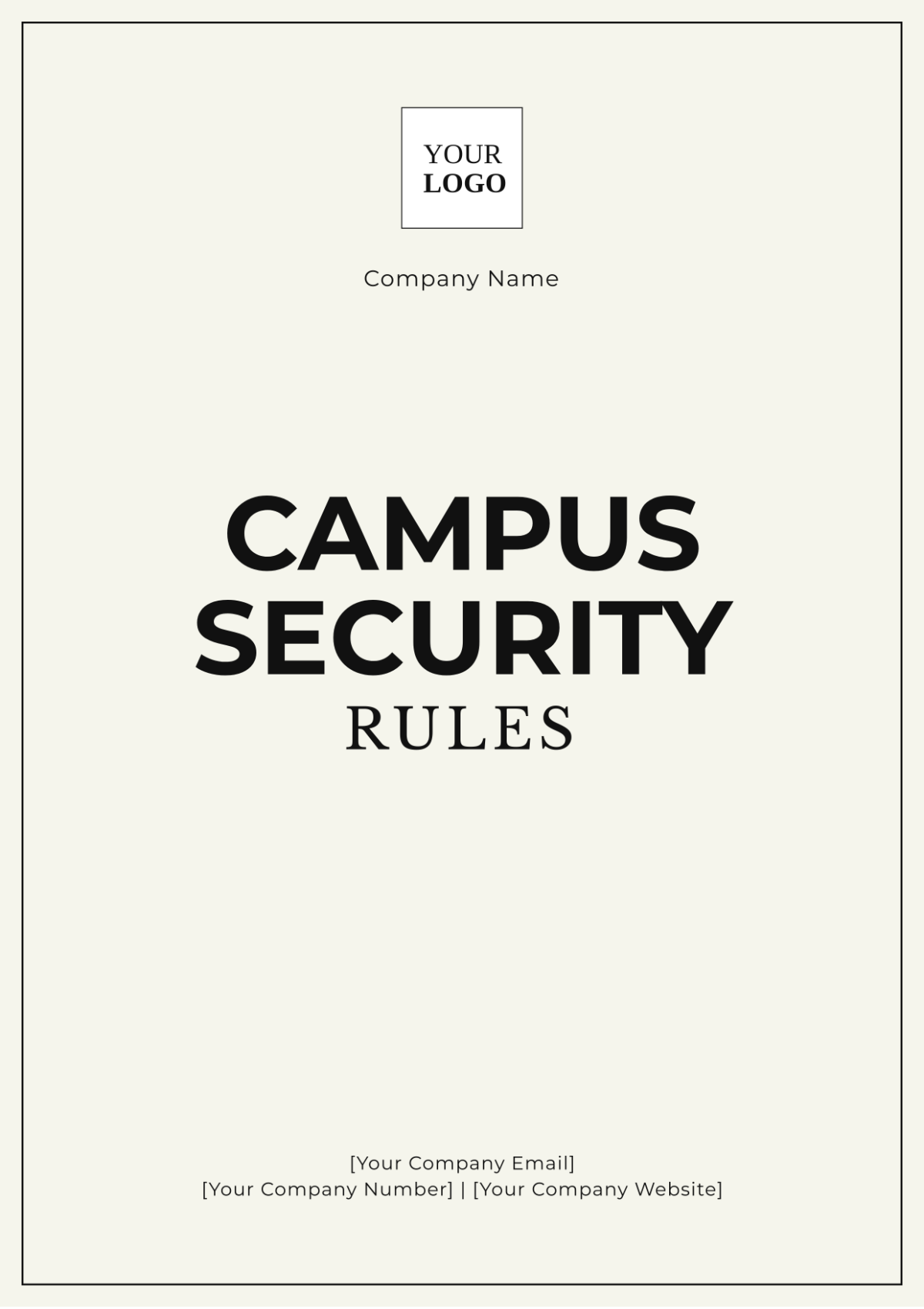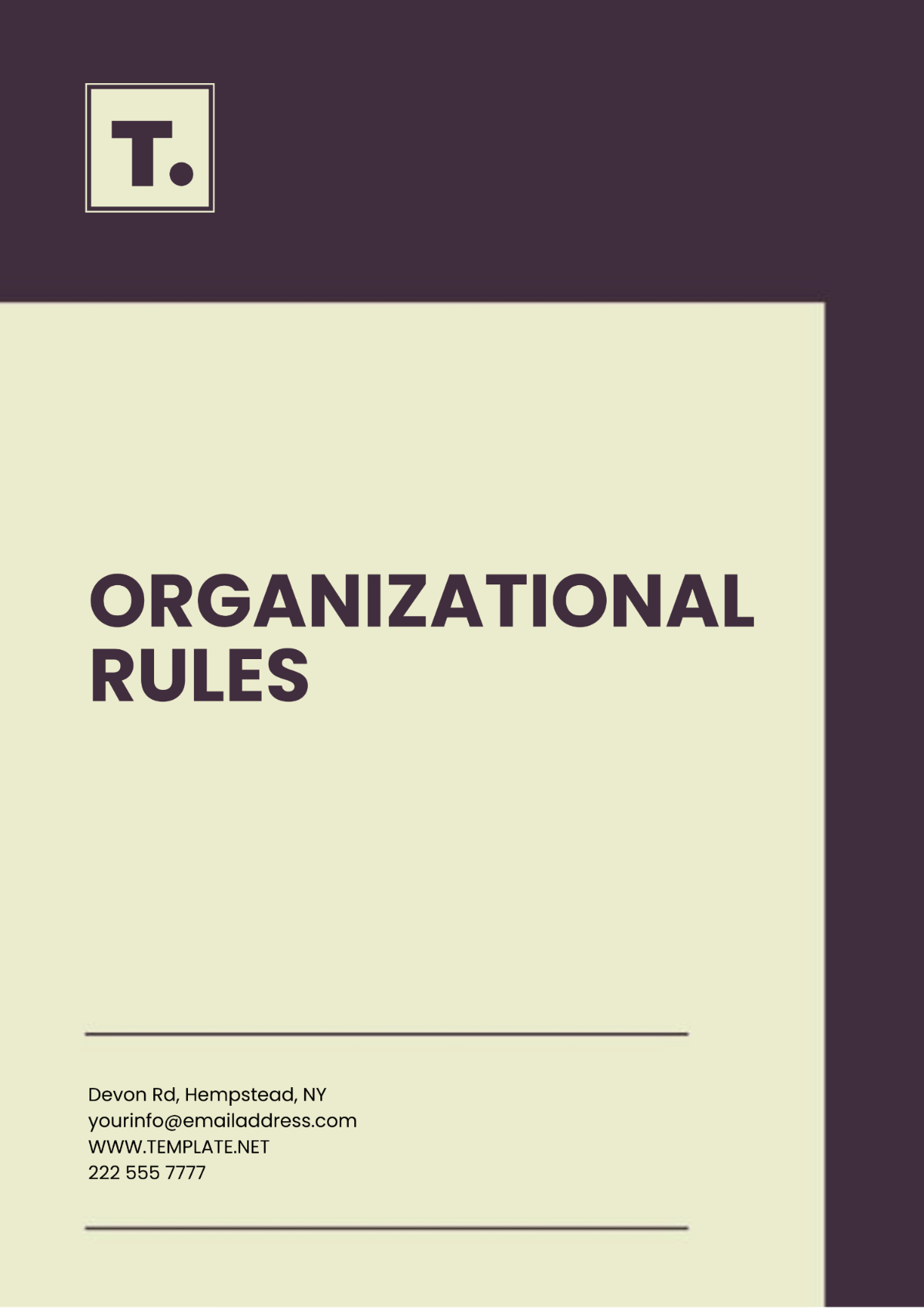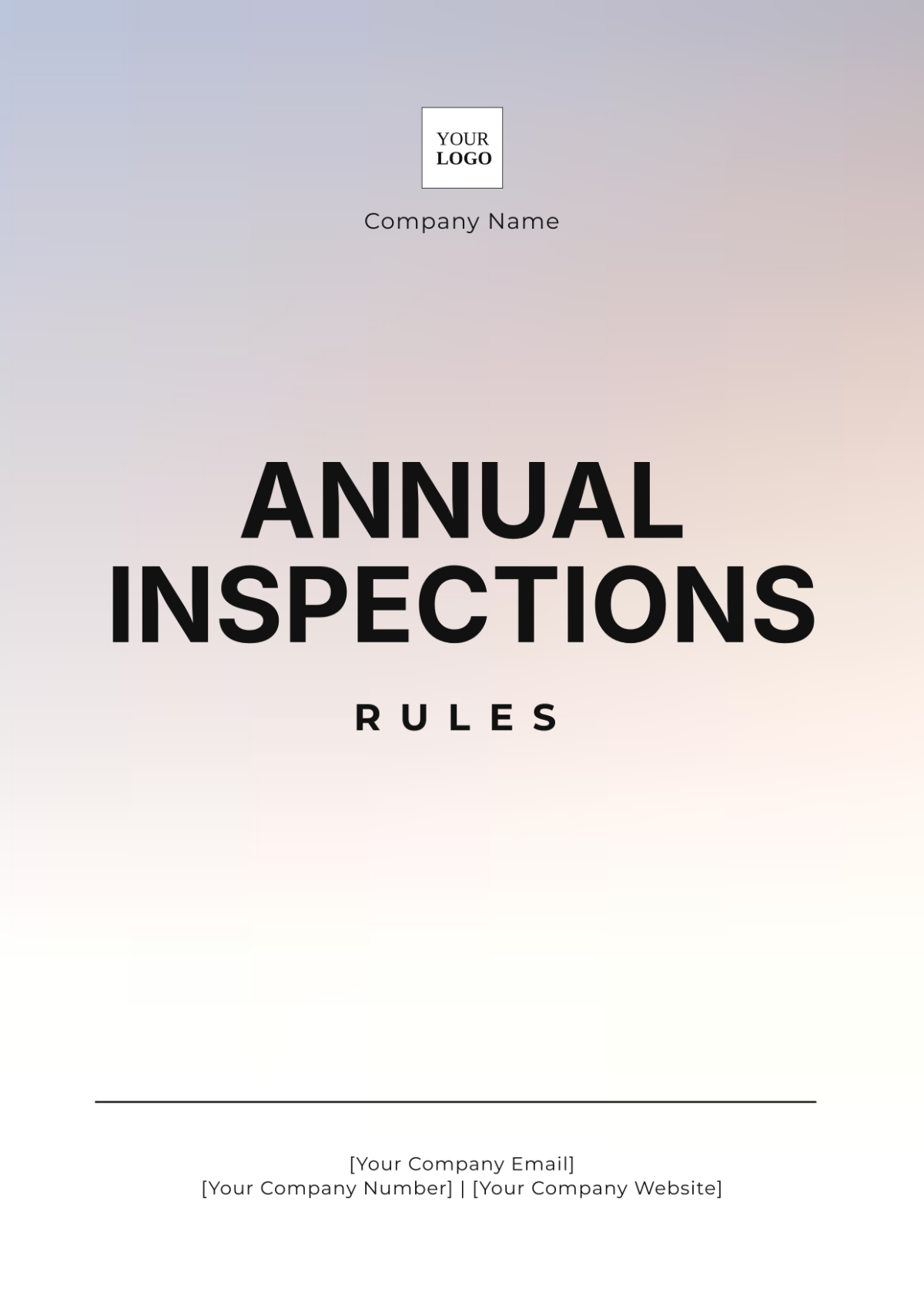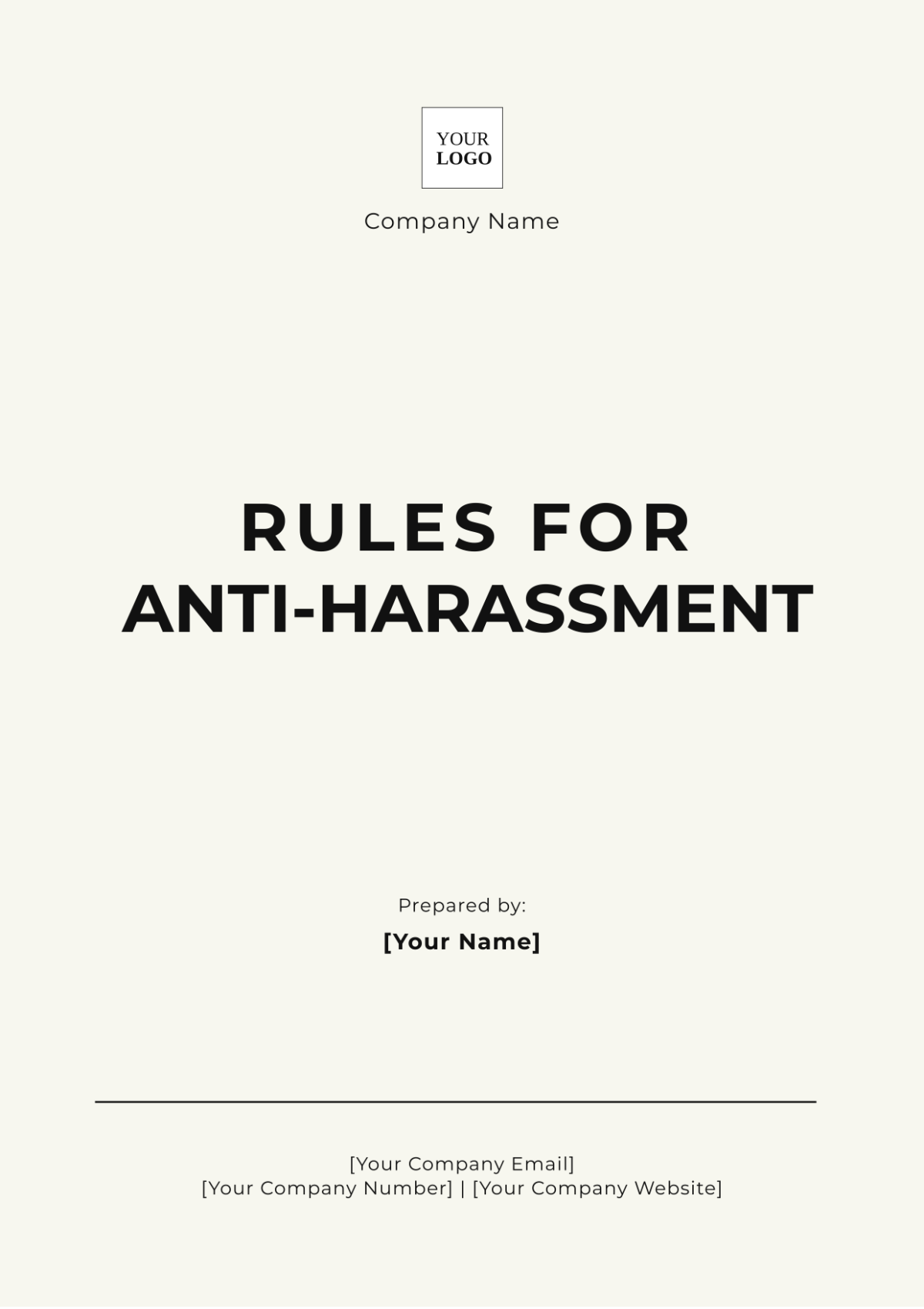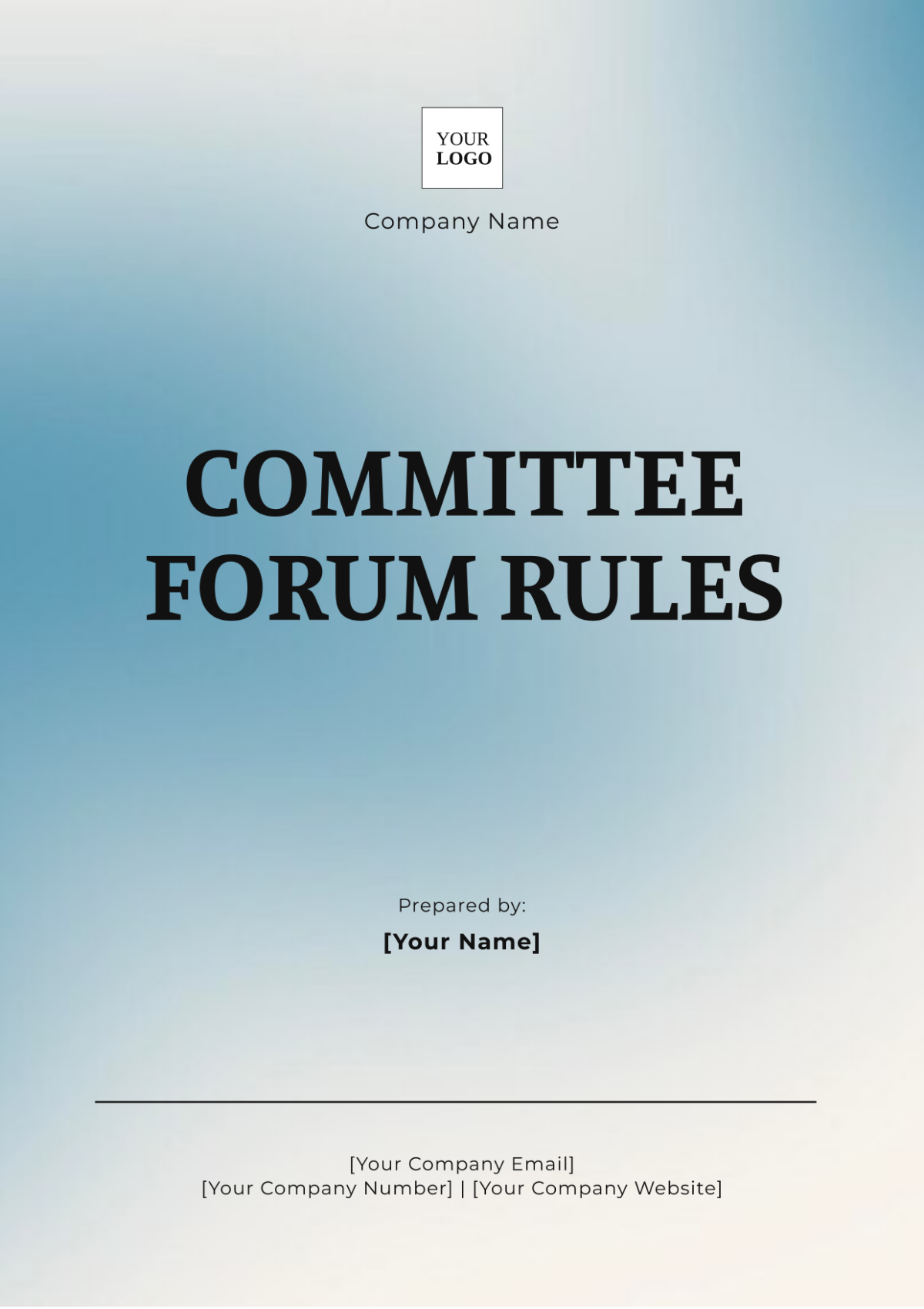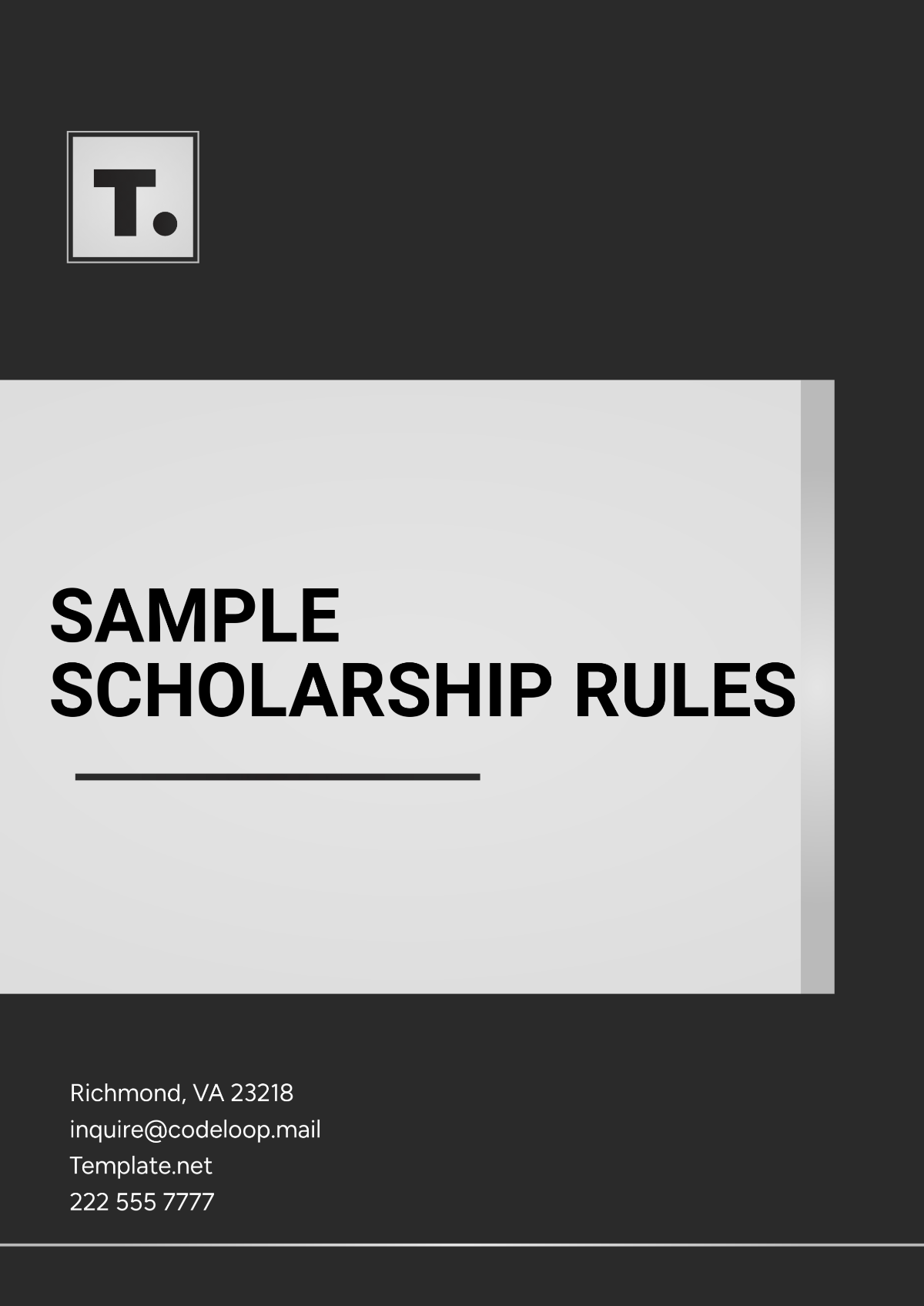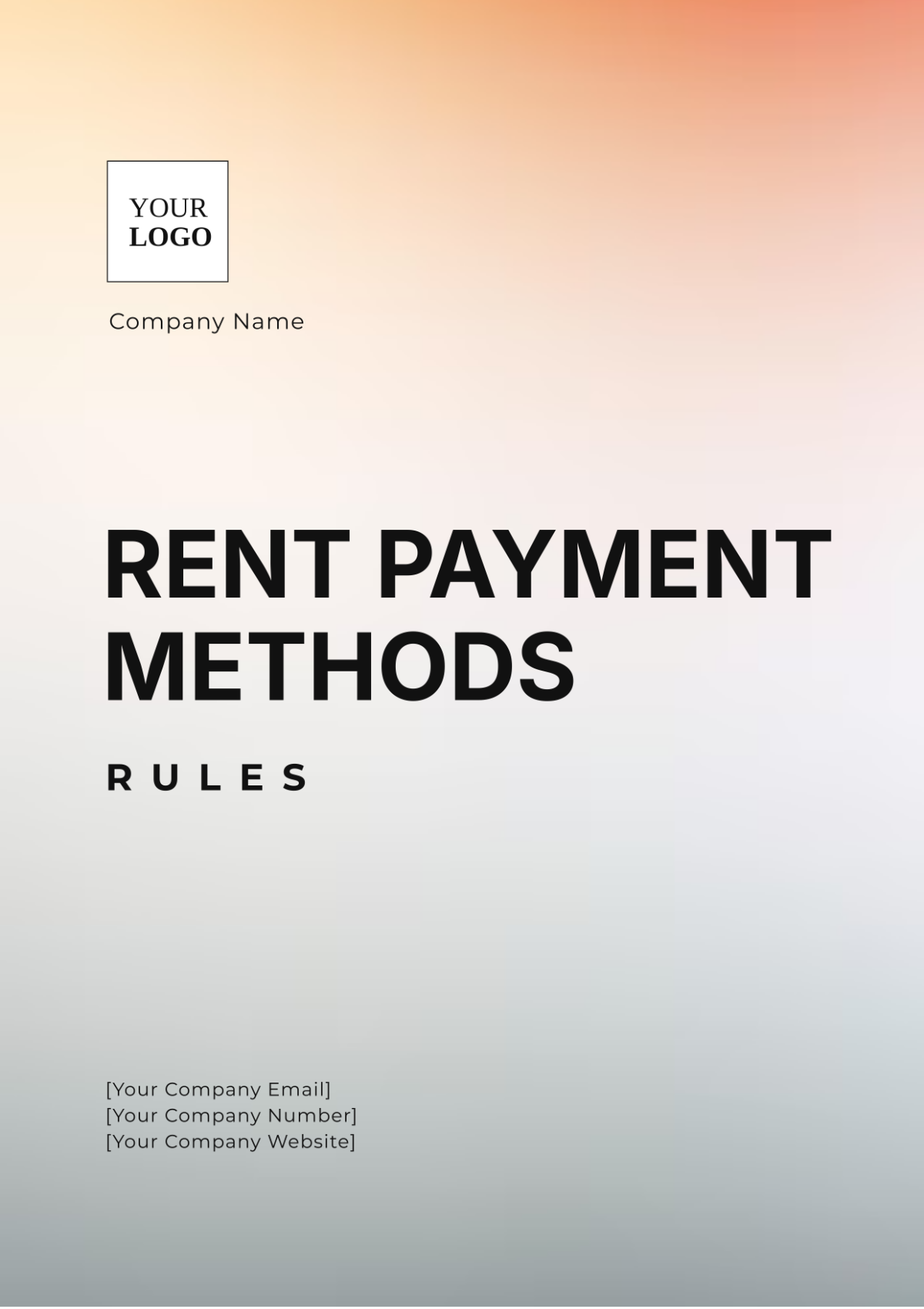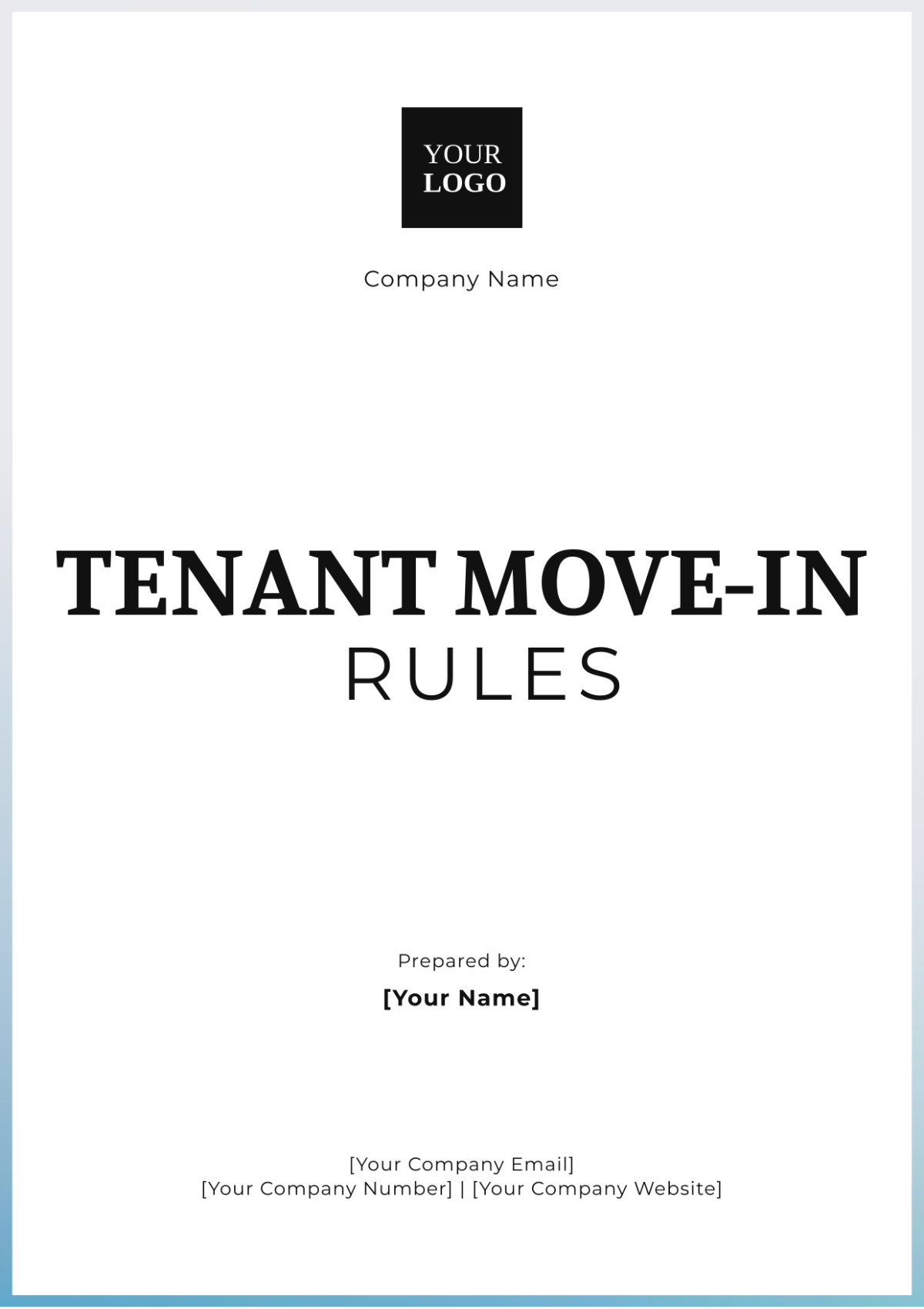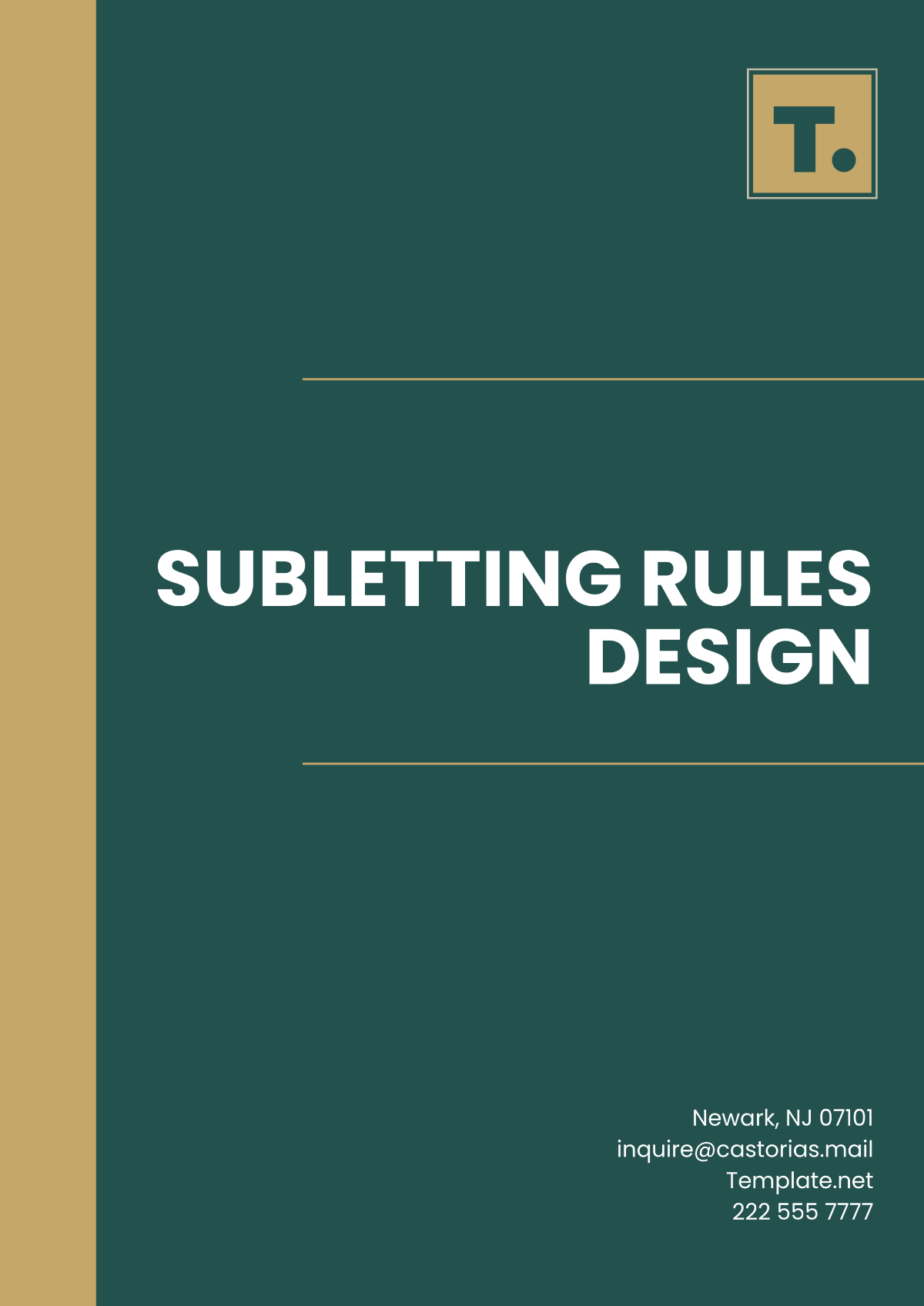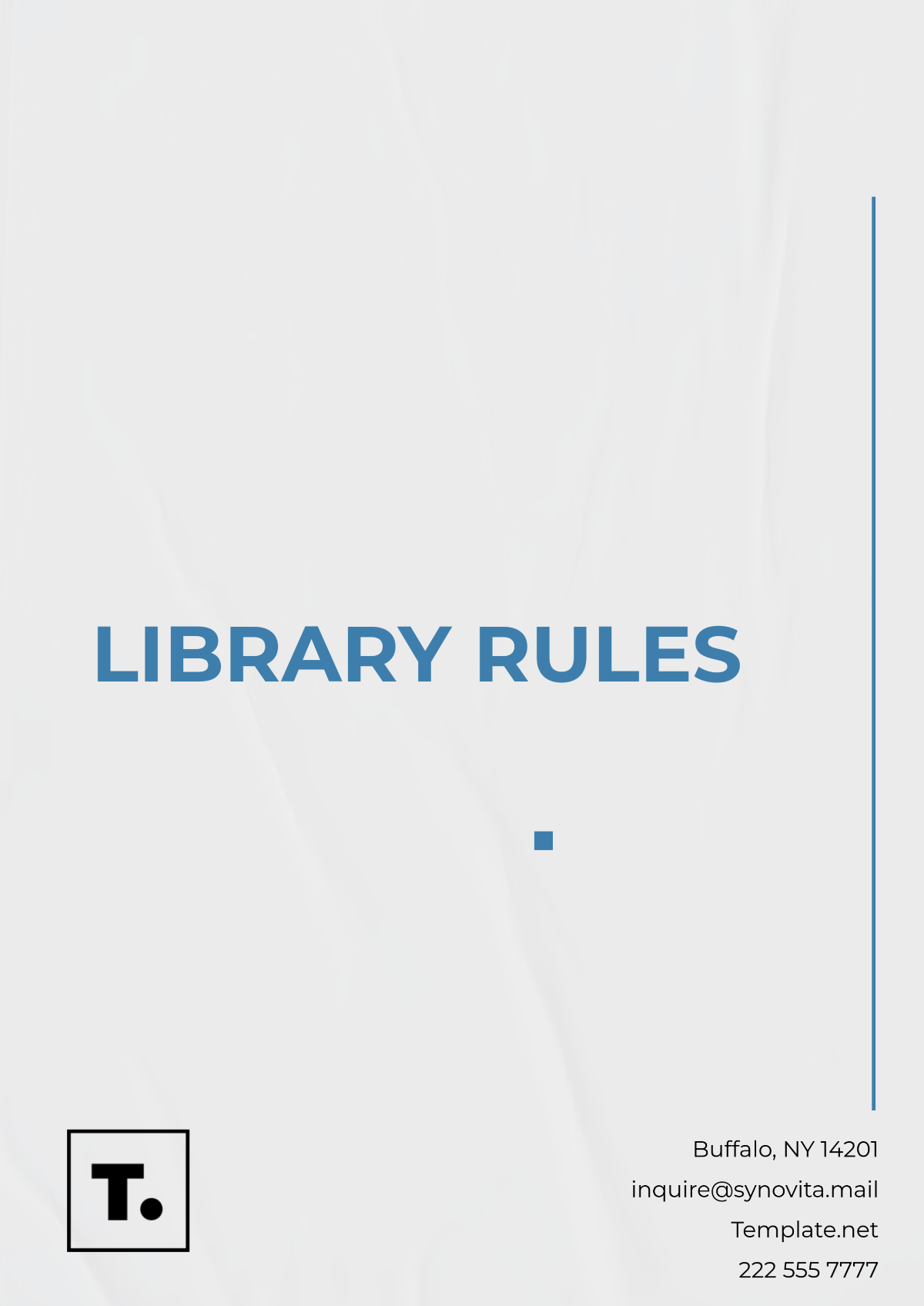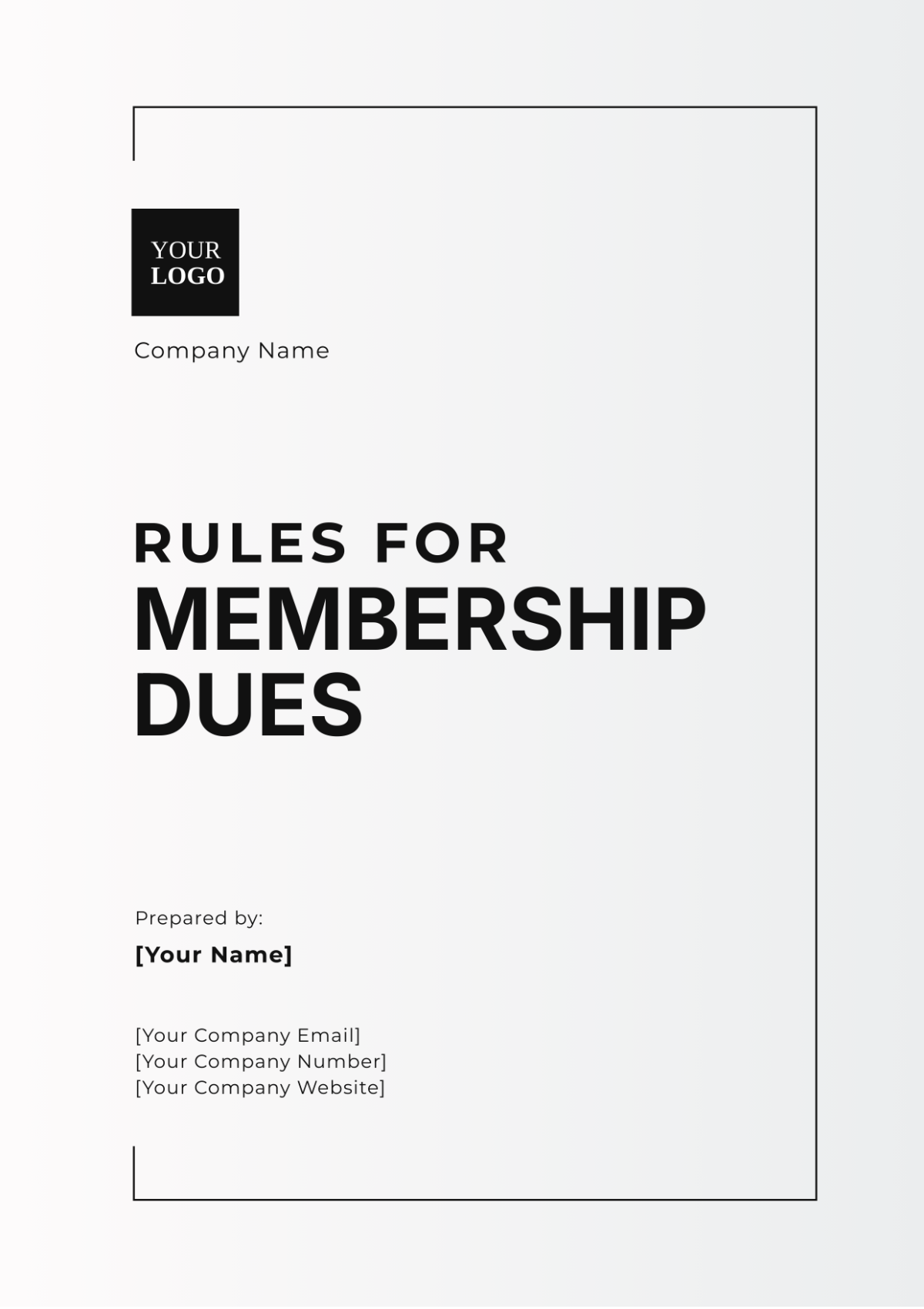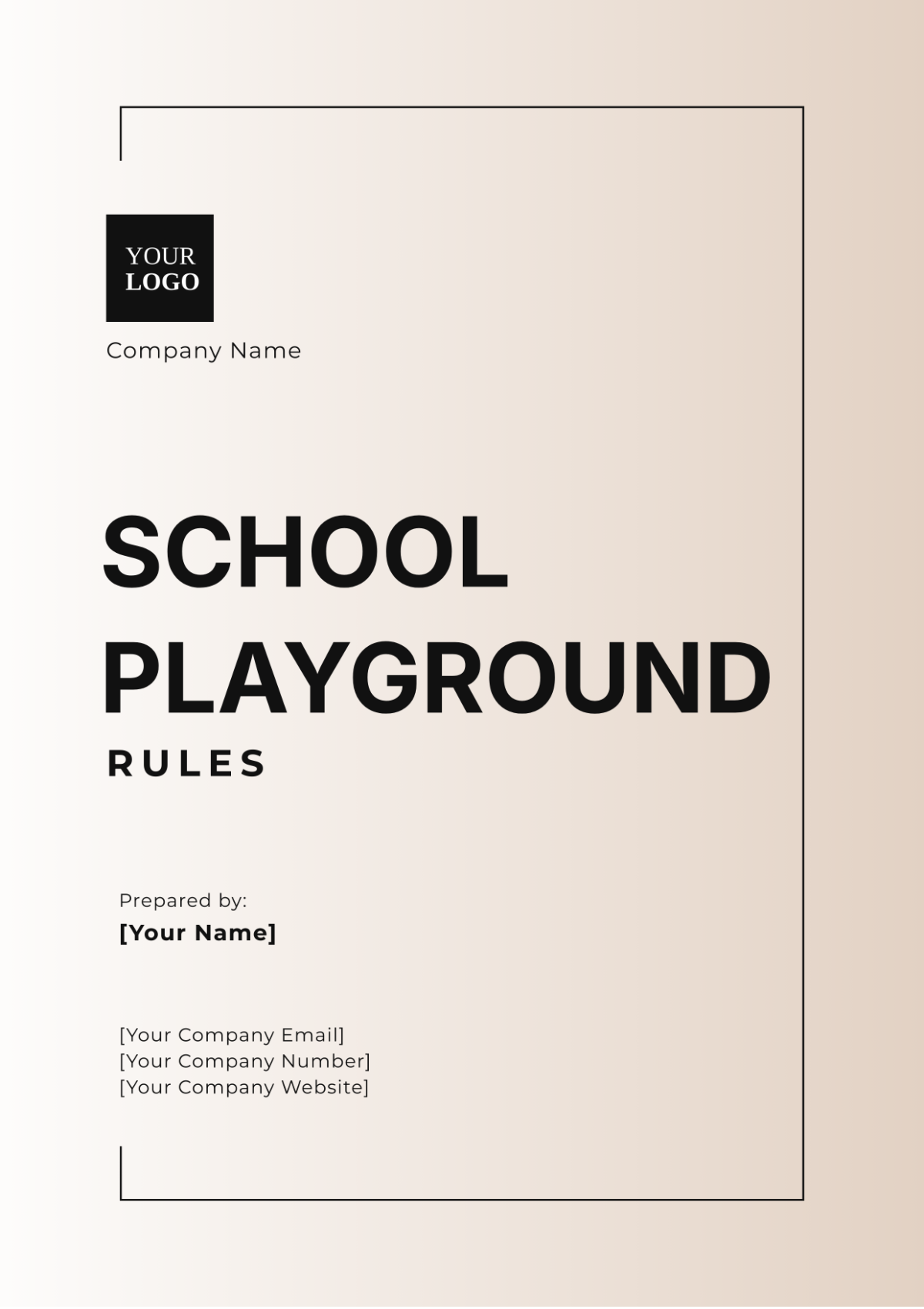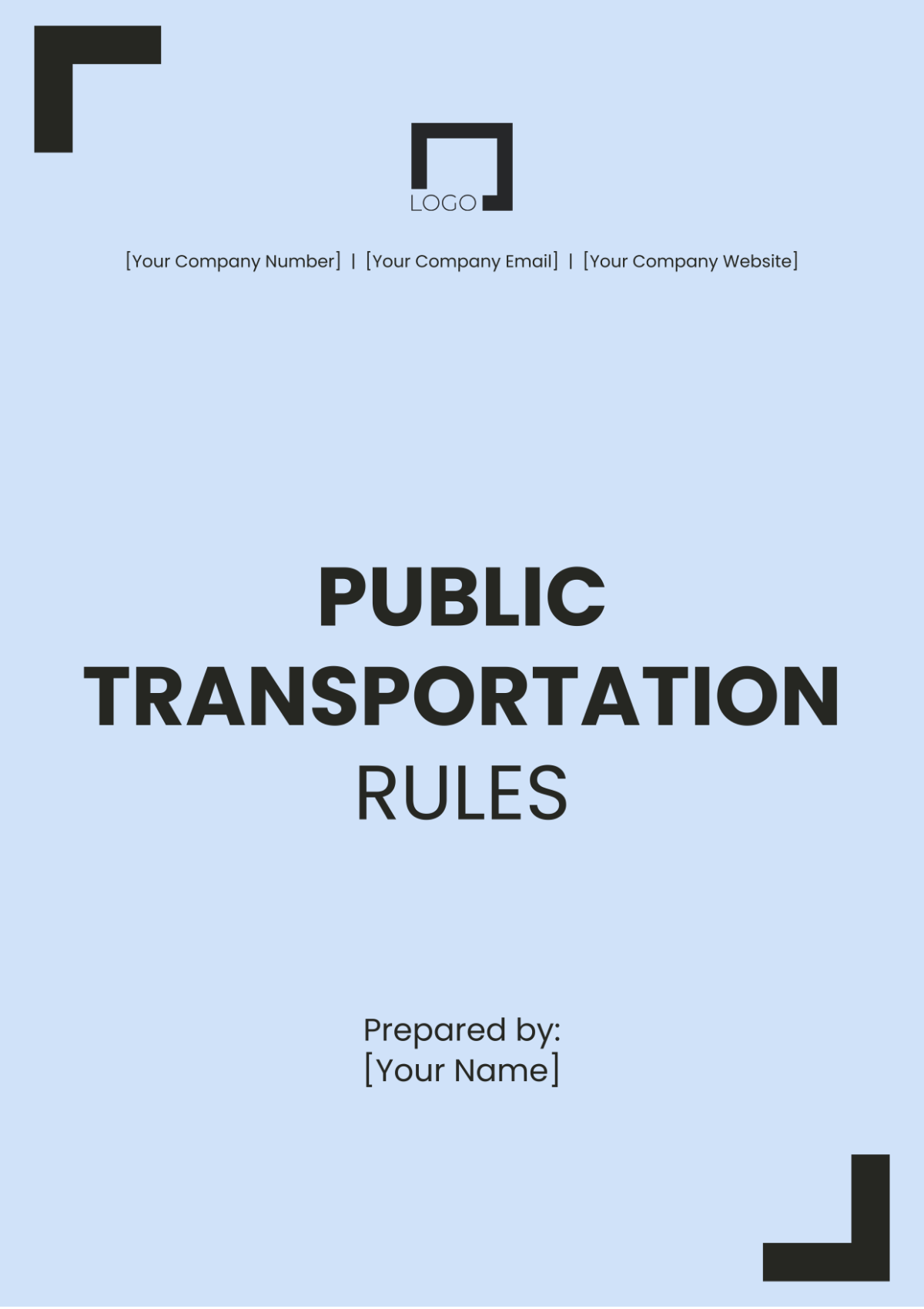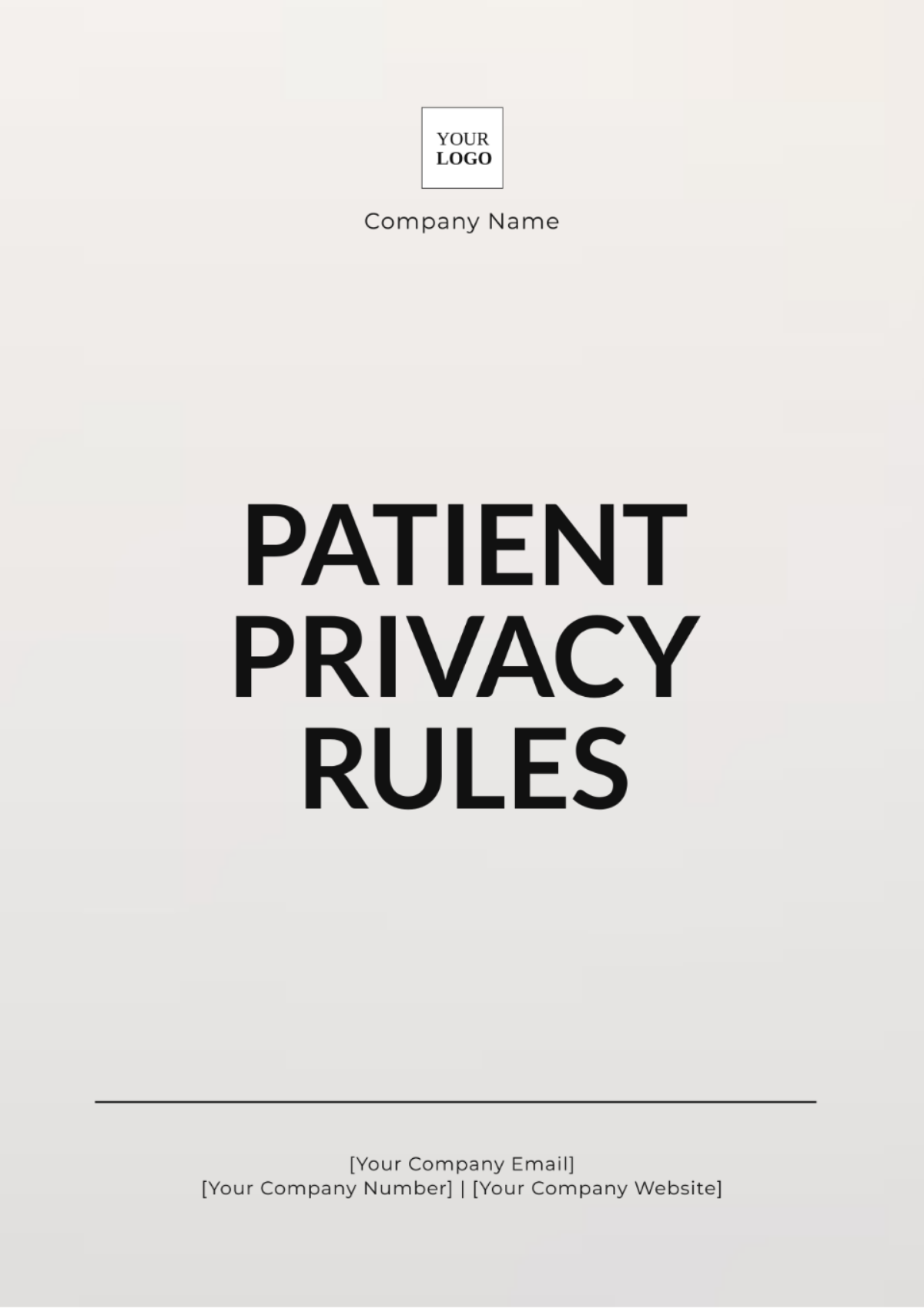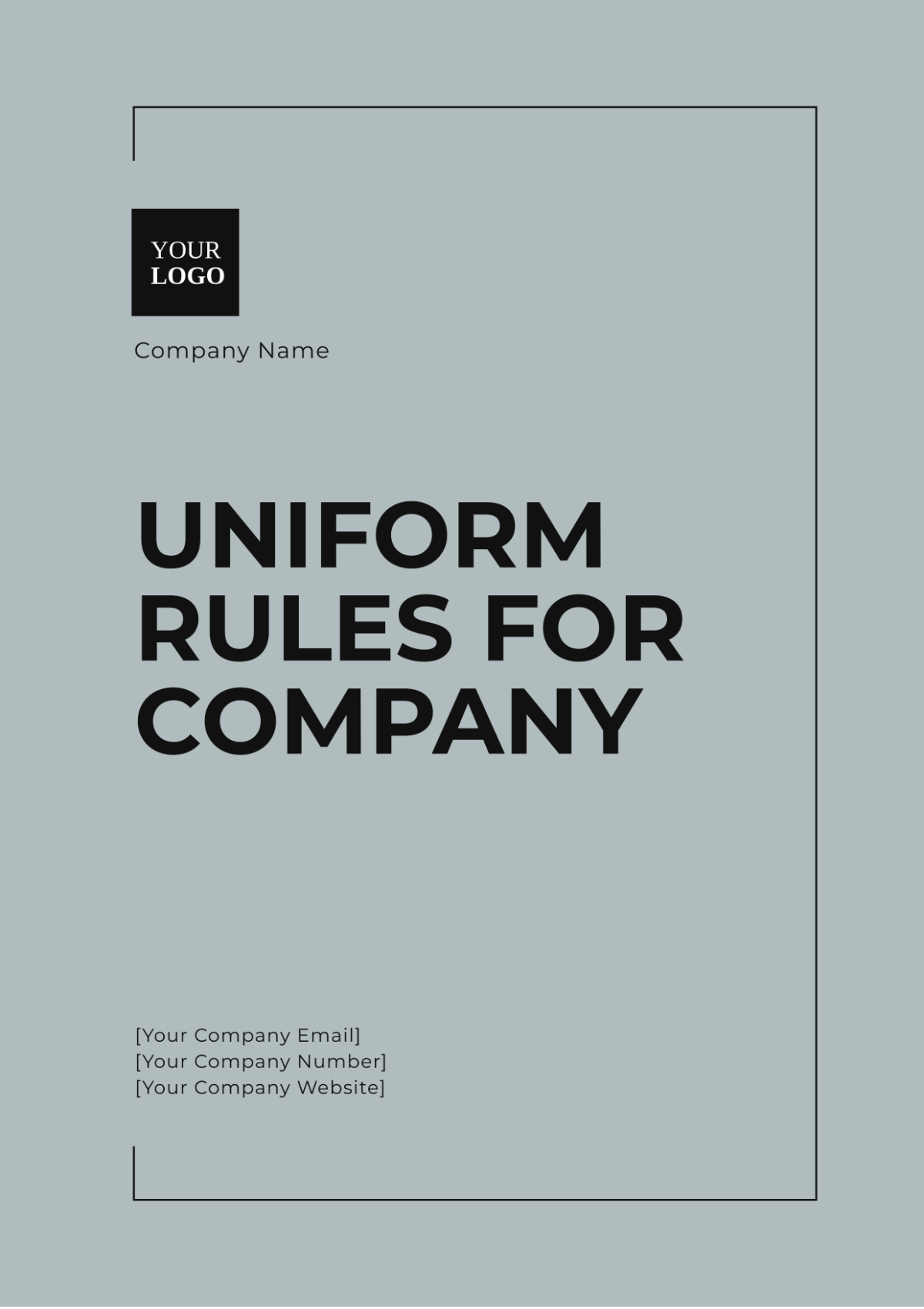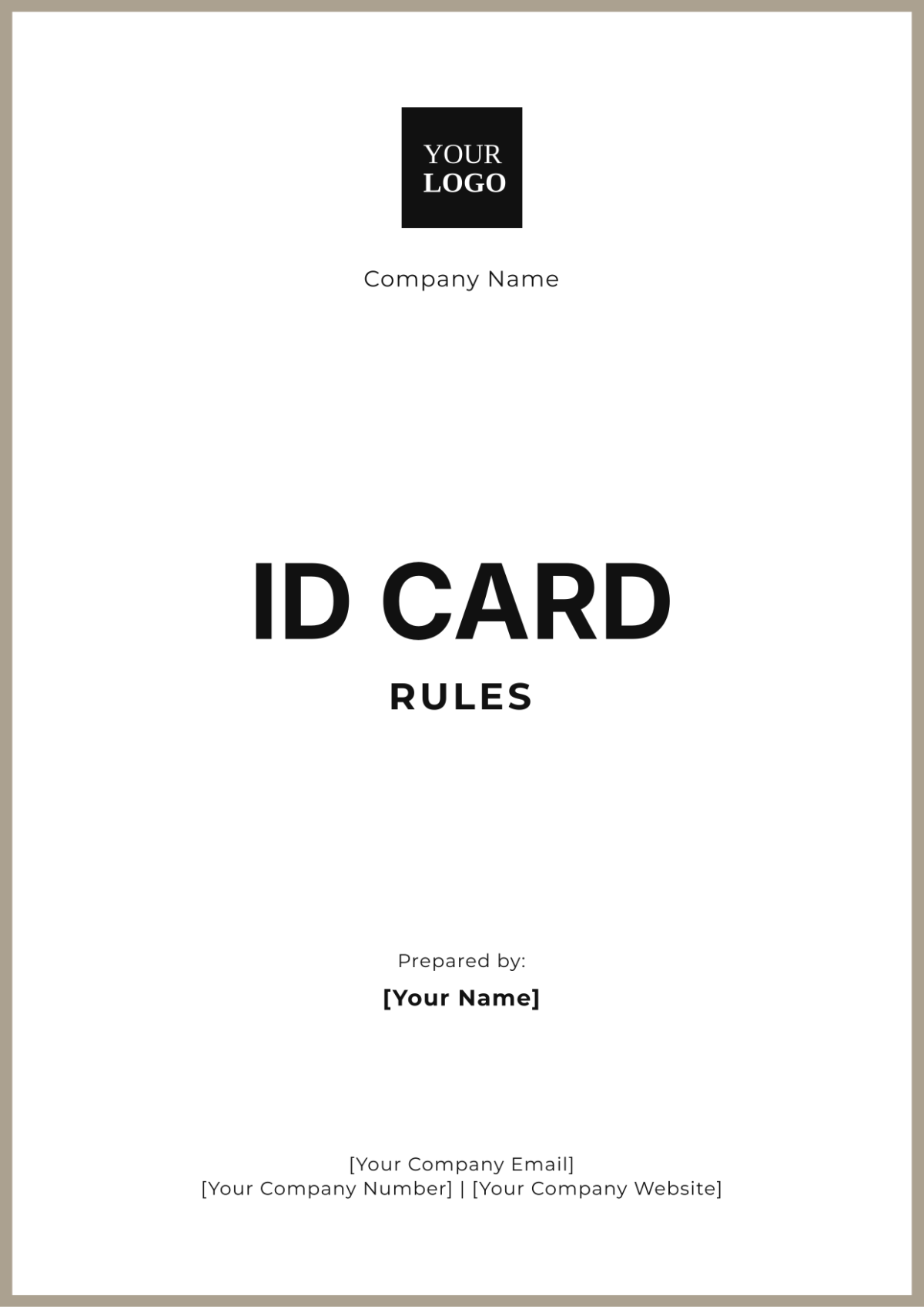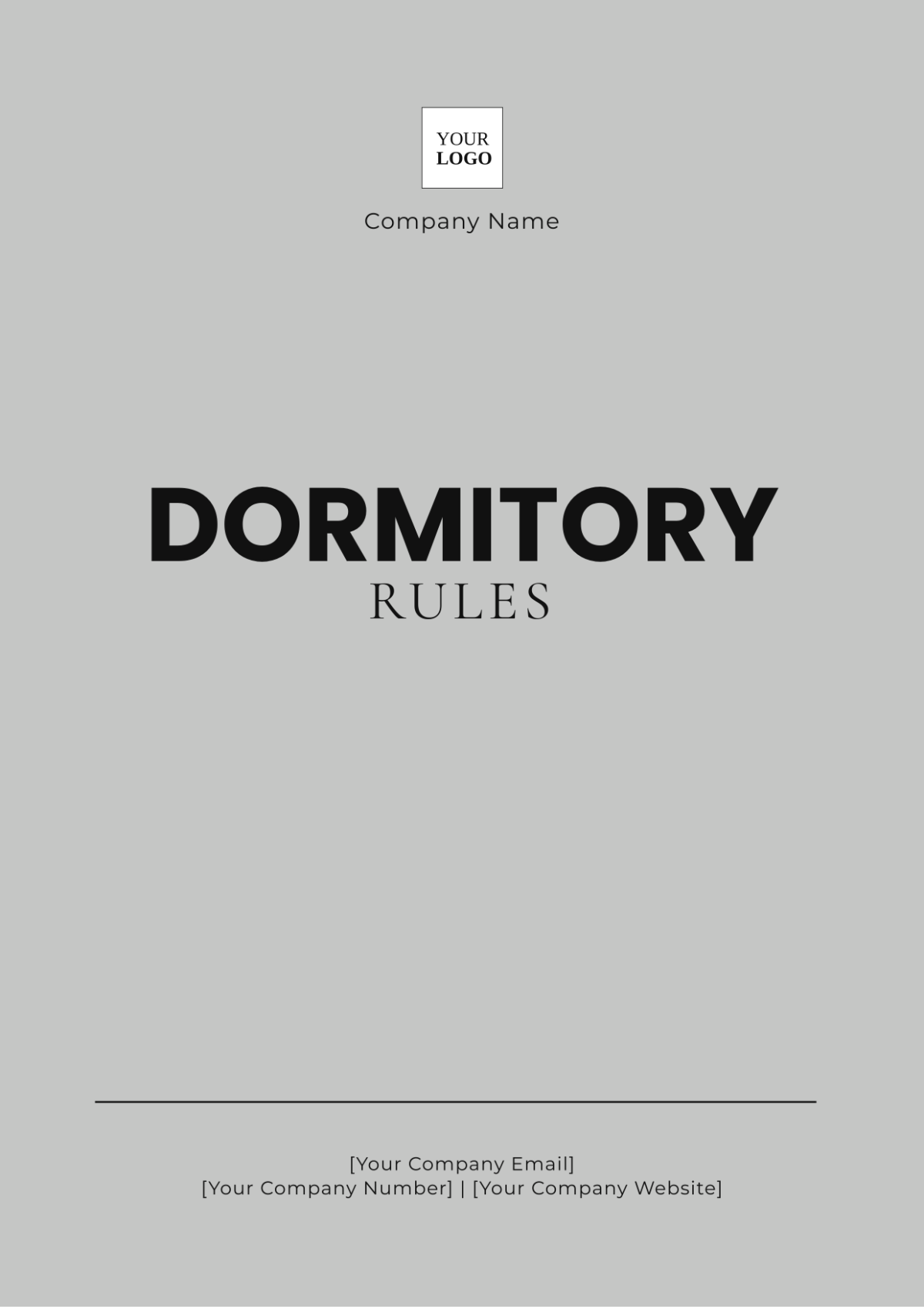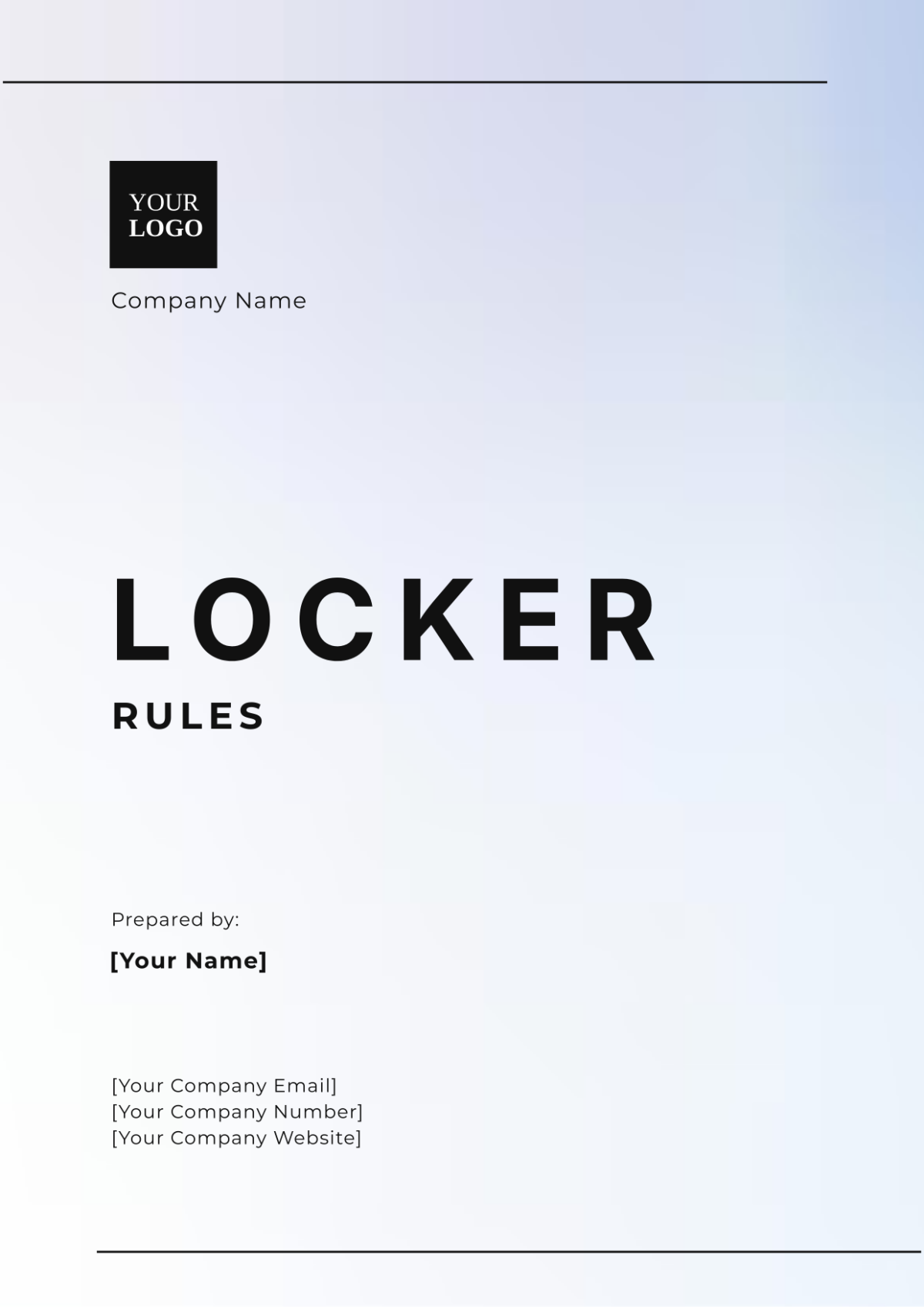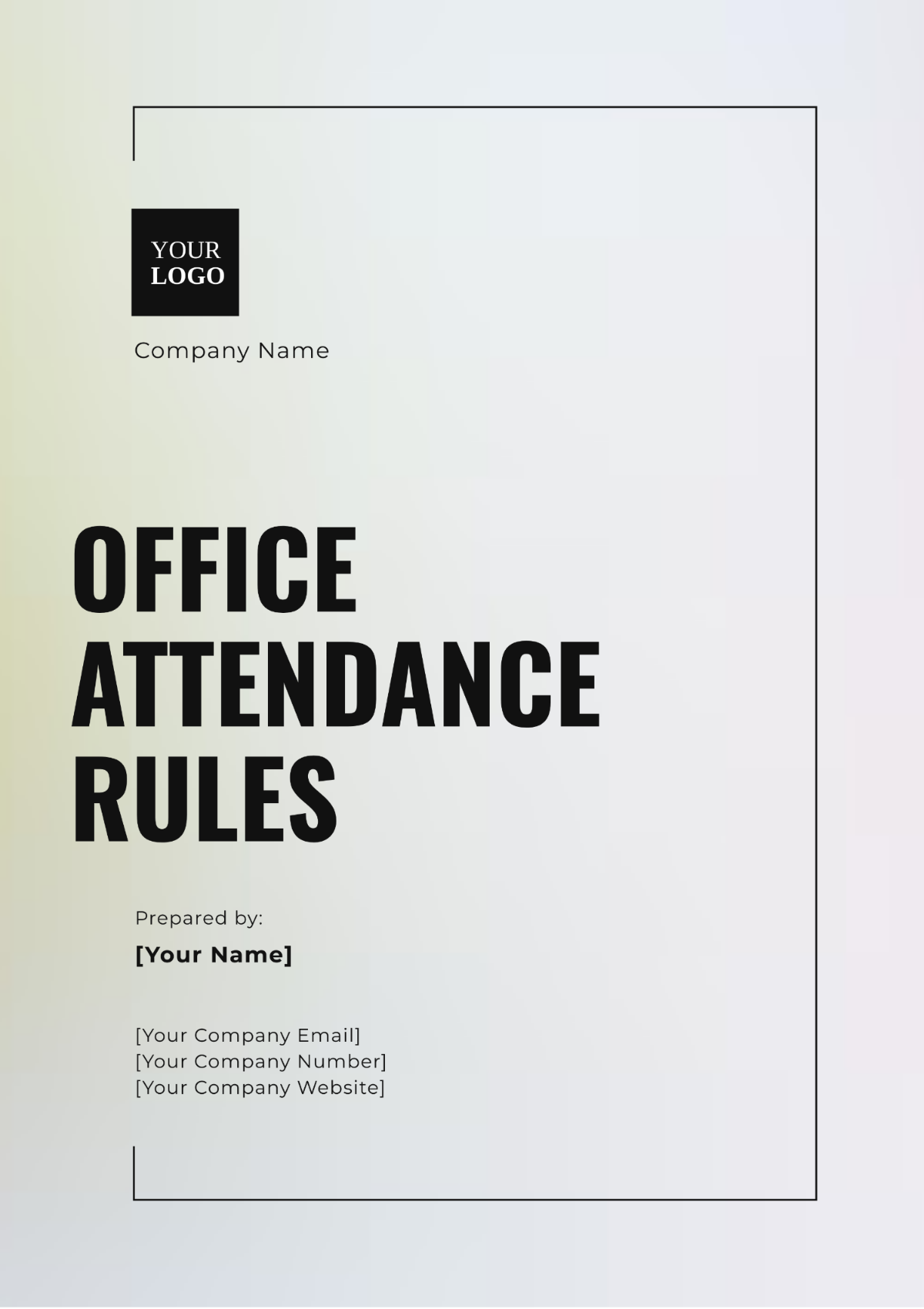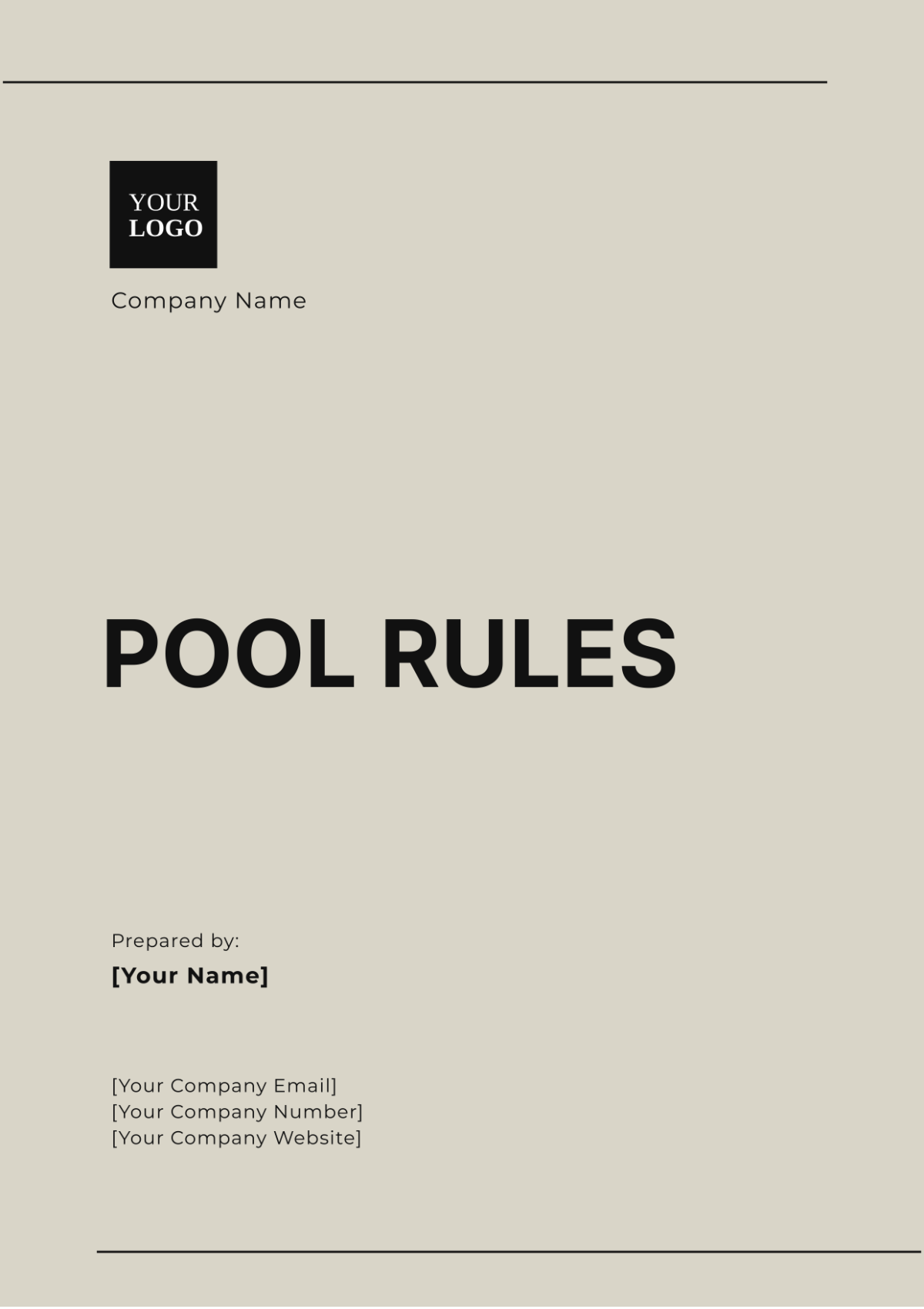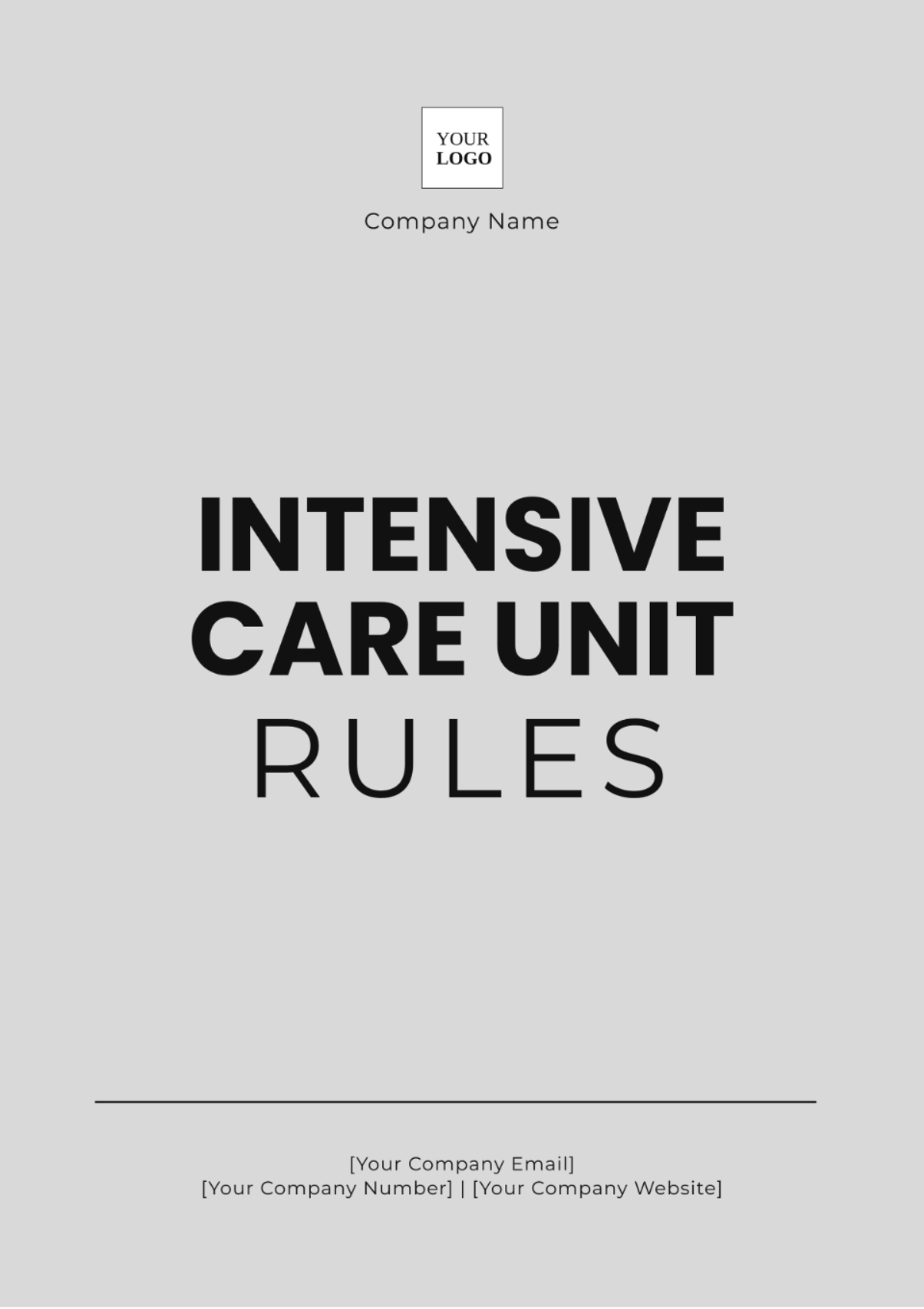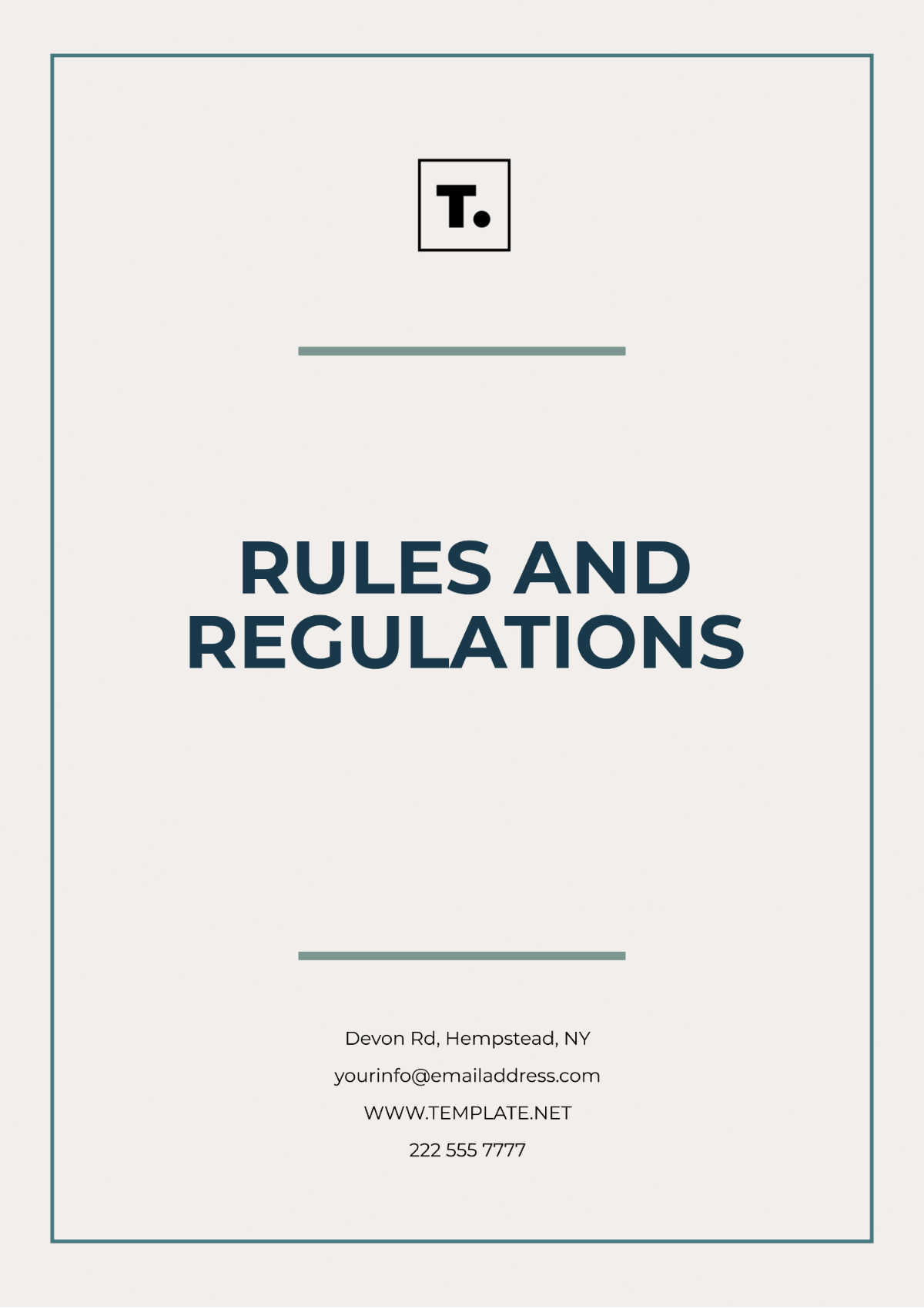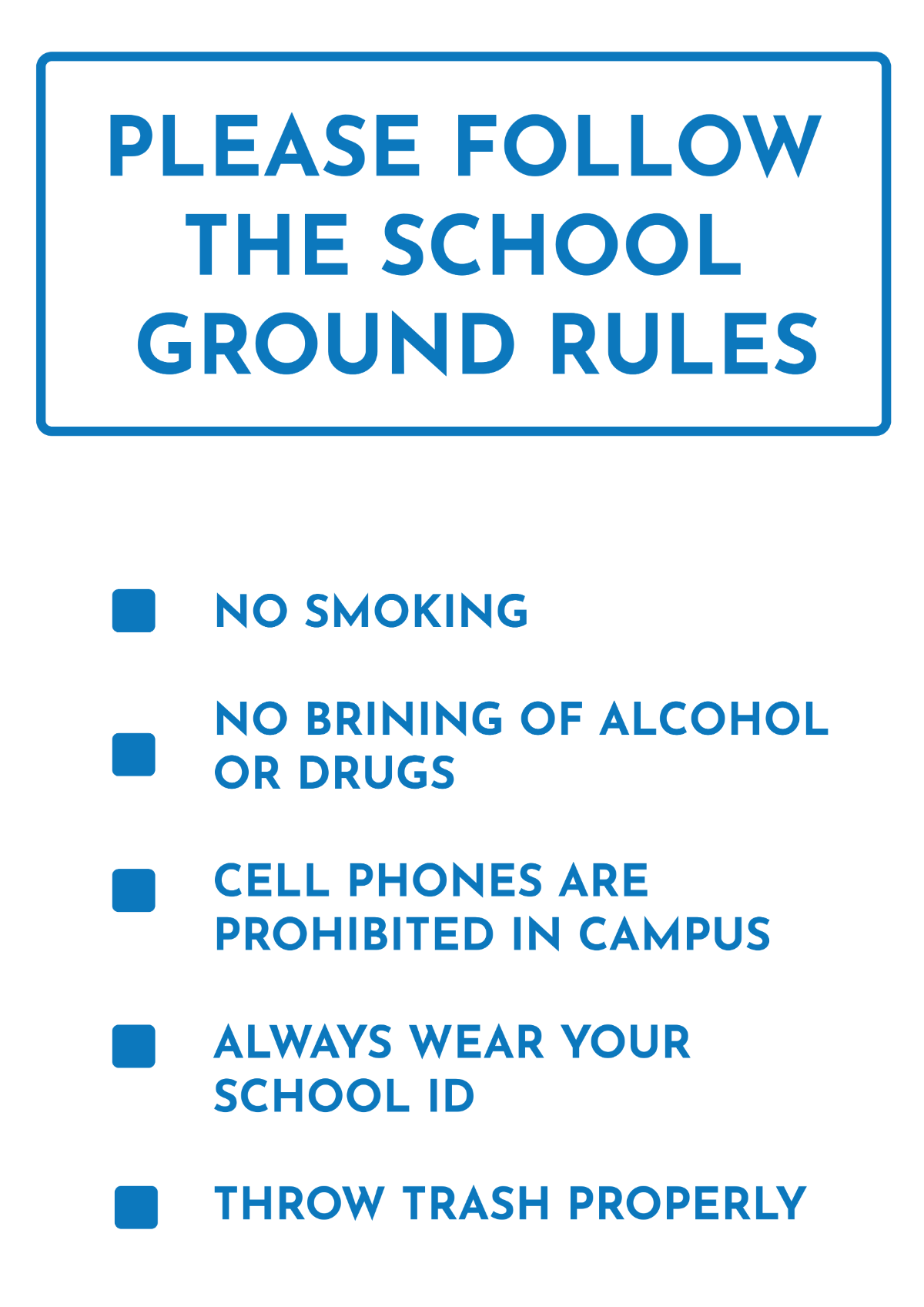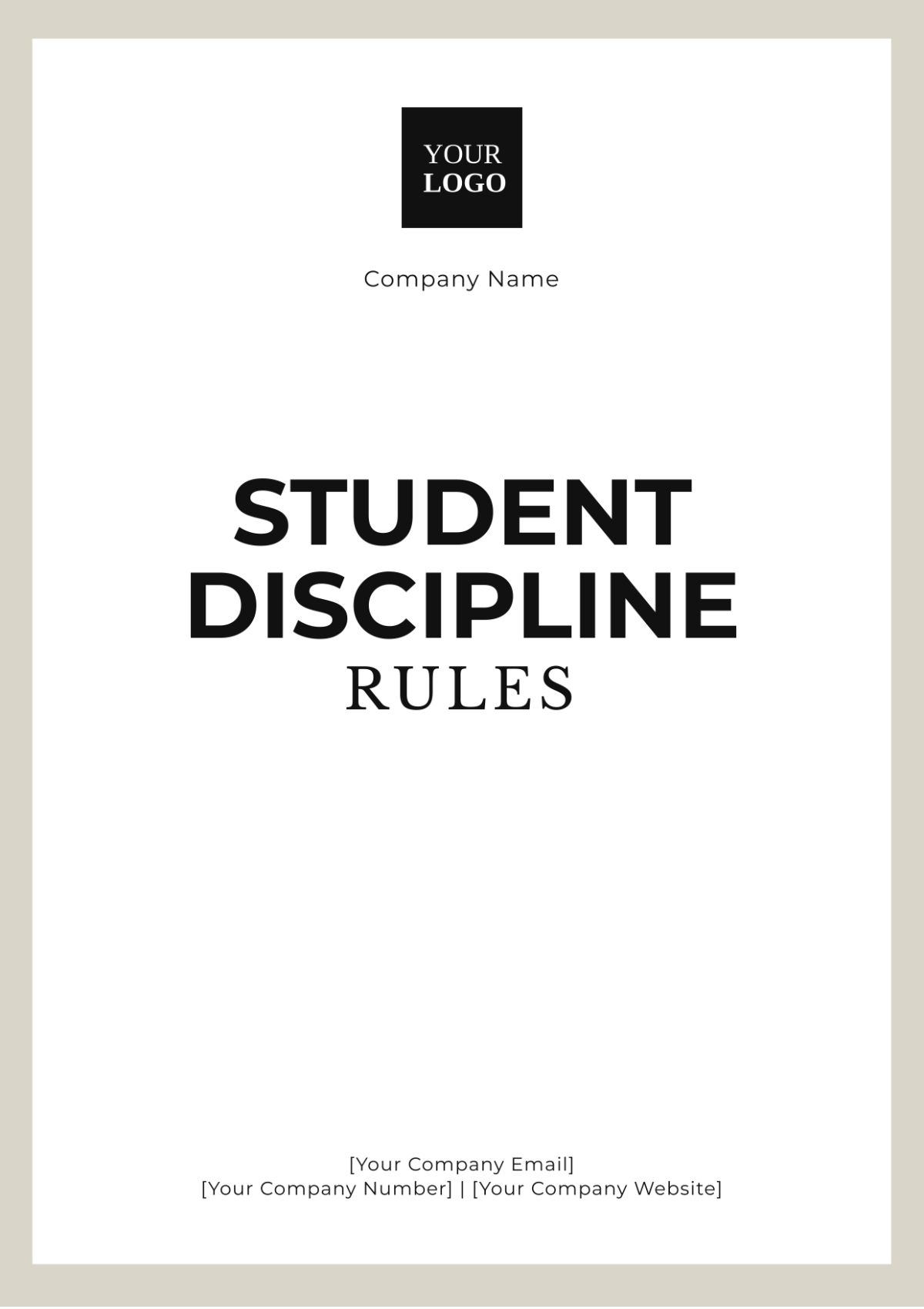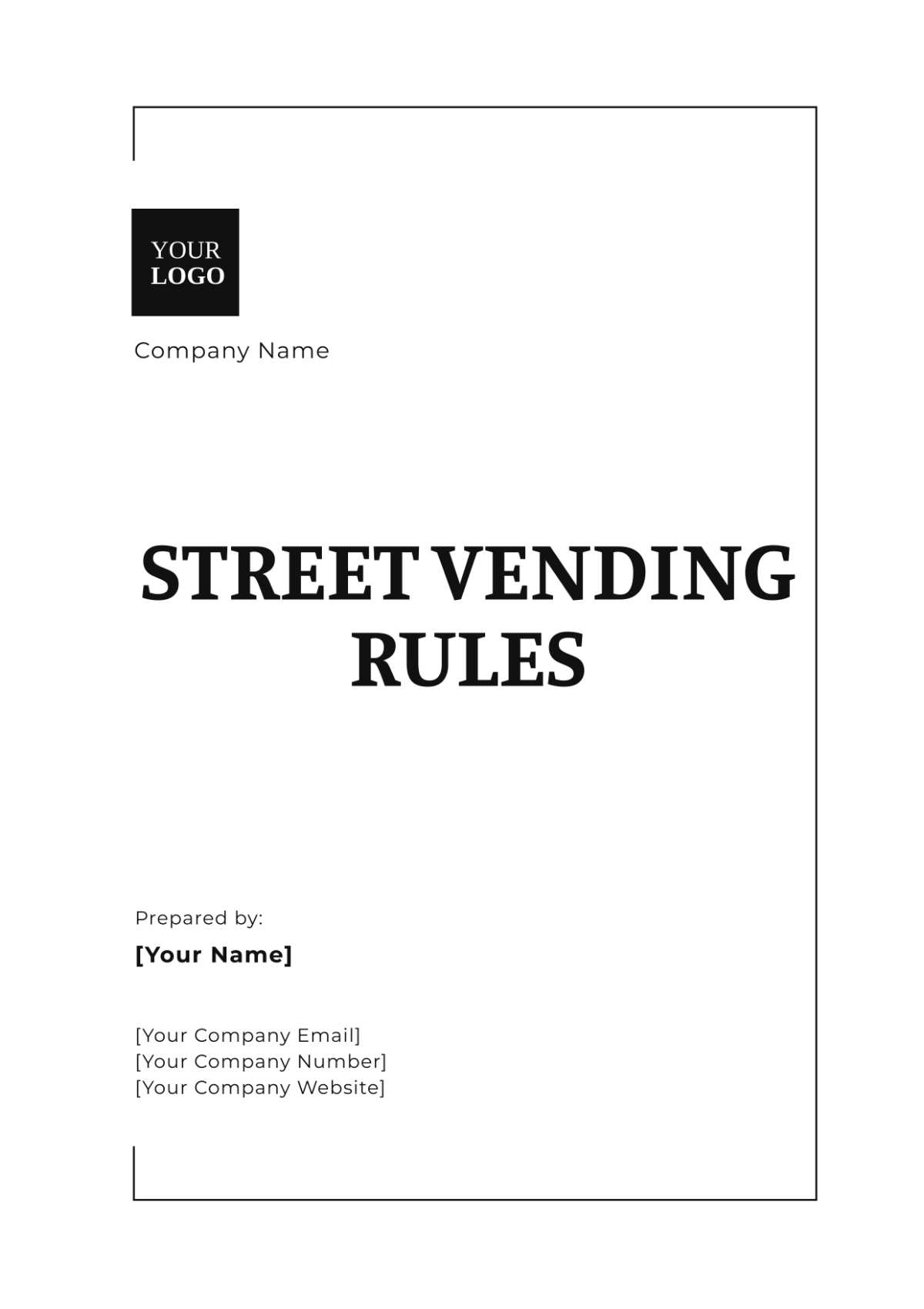Rules for Committee Forum
Prepared By: [Your Name]
Date: [Date]
1. Introduction
The Committee Forum is established to facilitate structured communication, decision-making, and collaborative efforts among committee members. This document outlines the formal rules and procedures governing the forum's operation, ensuring that meetings are productive, decisions are made efficiently, and all members adhere to agreed-upon standards and practices.
2. Membership
2.1 Eligibility
Appointment: Membership is for appointed individuals with relevant expertise or roles.
Agreement: New members must agree to follow the committee’s rules.
Qualifications: Members need relevant qualifications or backgrounds as decided by the appointing authority.
2.2 Member Responsibilities
Active Participation: Members should actively join meetings, discuss, and help make decisions.
Respectful Interaction: Members must respect differing viewpoints and engage constructively without personal attacks.
Confidentiality: Members must keep all committee discussions, documents, and decisions confidential. Unauthorized disclosure is prohibited.
Preparation: Members should review agenda items and pre-meeting materials before meetings.
3. Meetings
3.1 Frequency
Regular Meetings: Meetings will be held every month, with dates and times scheduled at the start of each term or year, depending on the committee’s needs.
Special Meetings: Special or emergency meetings may be called as needed for urgent issues, with justification communicated promptly.
3.2 Notice
Standard Notice: Members will receive written notice of meetings at least seven days in advance, including the date, time, location, and agenda.
3.3 Agenda
Preparation: The committee chair or organizer will prepare the agenda, including discussion topics.
Distribution: The agenda will be shared with all members at least three days before the meeting for preparation.
Agenda Items: Members can submit agenda items to the chair three days before the meeting. The chair will review and include relevant items.
4. Decision-Making
4.1 Voting
Voting Rights: Each member has one vote, with voting conducted via verbal, hand show, or written ballots as per committee procedures.
4.2 Consensus
Consensus Building: The committee will strive to reach a consensus on key decisions, promoting open discussion and negotiation to find common ground.
5. Communication
Designated Channels: Official communication will be via email, a secure online forum, or a committee management platform. Members must check these channels regularly.
Professionalism: All communications should be conducted with professionalism and respect, adhering to the committee’s code of conduct.
Minutes: Minutes of each meeting will be recorded by the designated secretary or note-taker, capturing key discussions, decisions, and action items.
6. Subcommittees
6.1 Formation
Establishment: Subcommittees can be set up for specific tasks or issues, needing a majority vote and clear justification.
6.2 Reporting
Regular Reports: Subcommittees must regularly update the main committee on their activities, findings, and progress, submitting reports at scheduled meetings or upon request.
Final Reports: Subcommittees should present a final report with recommendations and required actions once tasks are complete.
7. Amendments
7.1 Proposal
Submission: Committee members can propose rule amendments in writing to the chair, detailing suggested changes and reasons.
Review: Proposed amendments will be reviewed by the committee, with discussions held to assess the impact and feasibility of the changes.
7.2 Approval
Voting: Amendments need a two-thirds majority vote during a scheduled meeting to be approved.
Documentation: Approved amendments will be documented and incorporated into the rules, with updated copies distributed to all members.
8. Confidentiality
8.1 Information Sharing
Confidentiality Agreement: Members must sign a confidentiality agreement acknowledging their responsibility to protect sensitive information discussed within the forum.
Unauthorized Disclosure: Unauthorized disclosure of confidential information to non-members or external parties is prohibited and may result in disciplinary action.
9. Code of Conduct
9.1 Respect
Professional Conduct: Members must always act respectfully and professionally; no personal attacks, discrimination, or harassment allowed.
9.2 Integrity
Honesty: Members must act with honesty and integrity in all committee-related activities, avoiding any actions that could be perceived as unethical or misleading.
9.3 Responsibility
Accountability: Members are accountable for their actions and decisions, ensuring they fulfill their roles and responsibilities effectively and responsibly.
10. Enforcement
10.1 Violations
Reporting: Members are encouraged to report any violations of the rules or code of conduct to the committee chair or designated enforcement officer.
Investigation: The chair or enforcement officer will investigate reported violations, gathering relevant information and considering the context and severity of the issue.
10.2 Disciplinary Actions
Actions: Disciplinary actions for rule violations may involve warnings, suspension, or removal from the committee.
Procedure: Disciplinary actions are decided by the committee based on recommendations, allowing the affected member a chance to respond.
